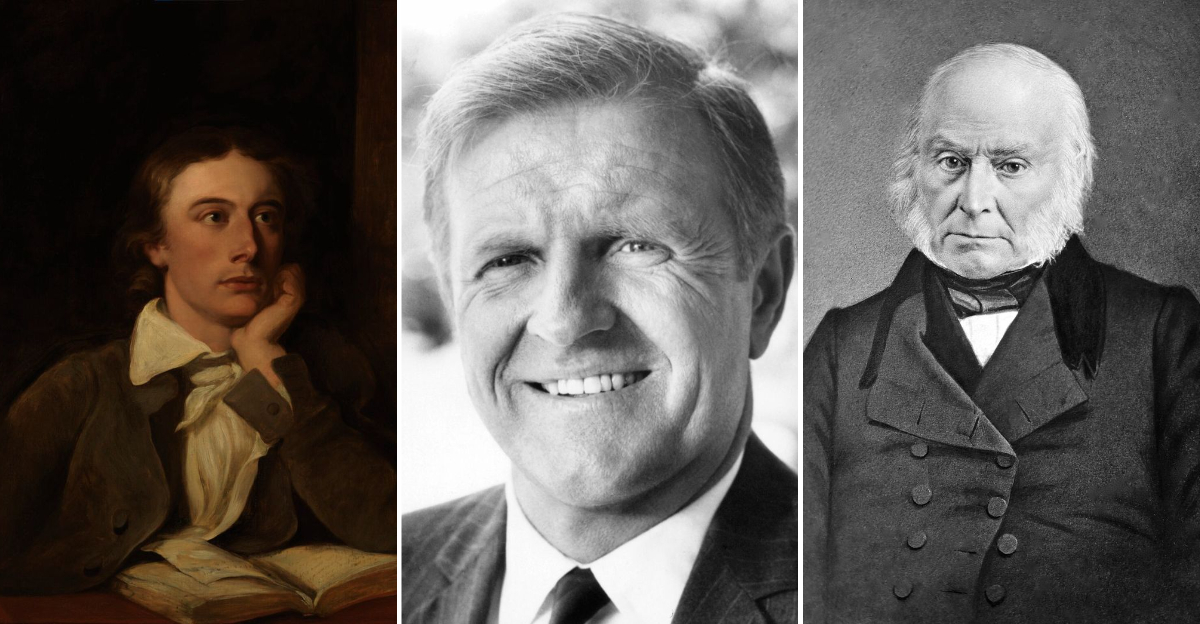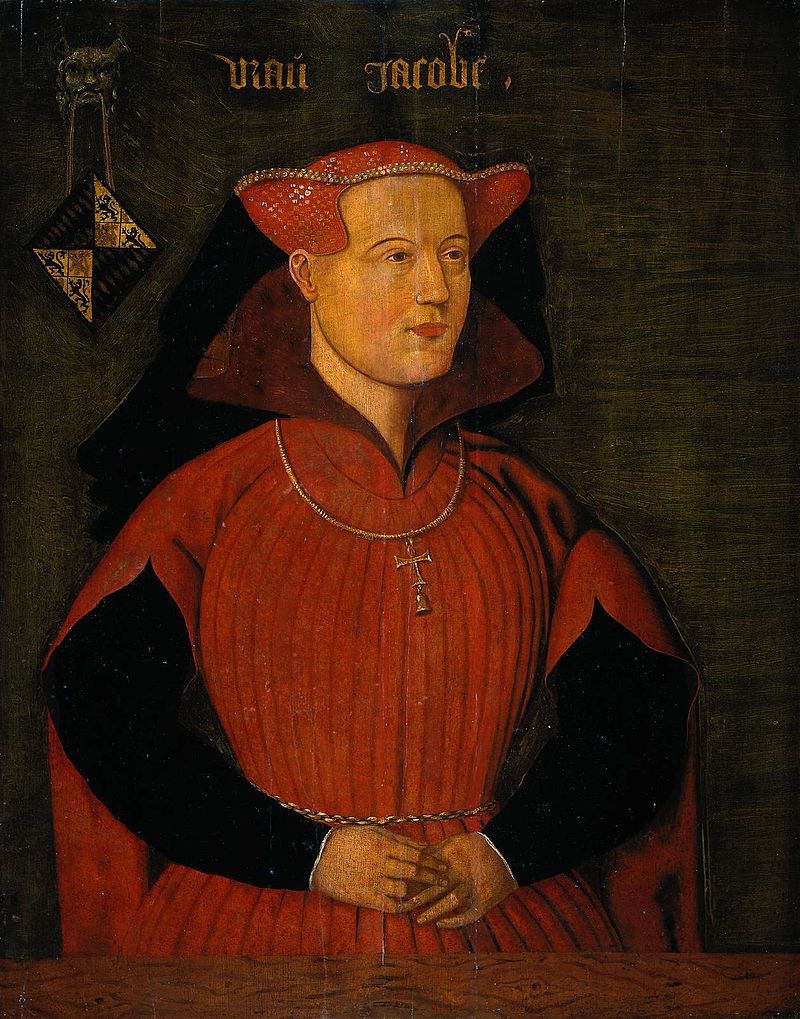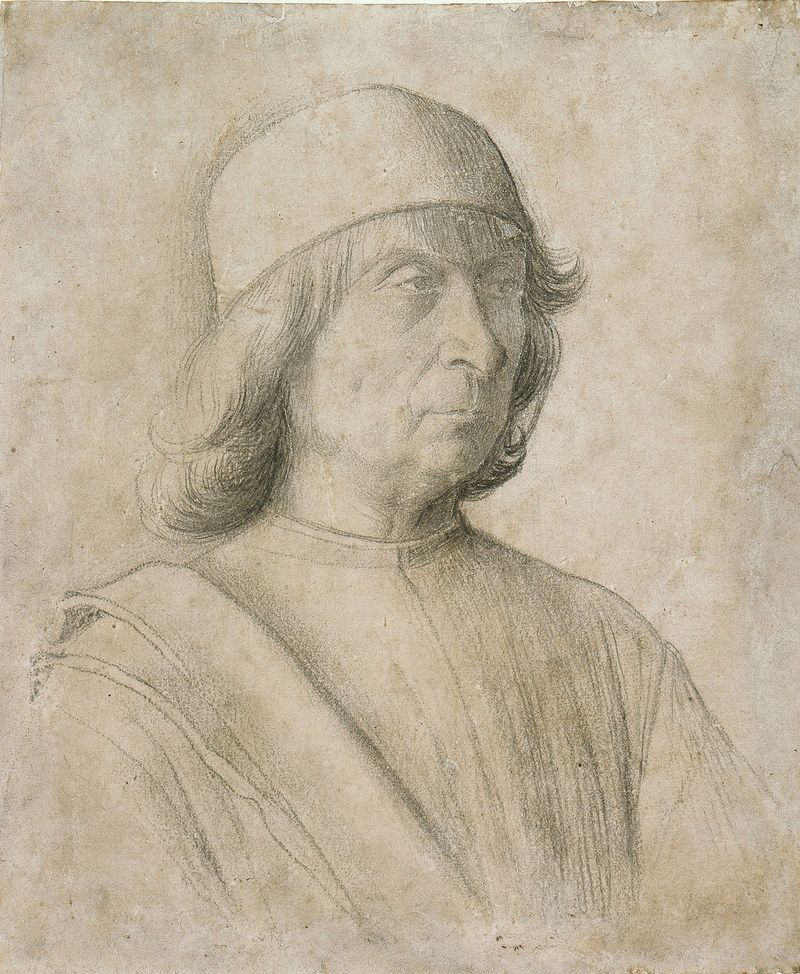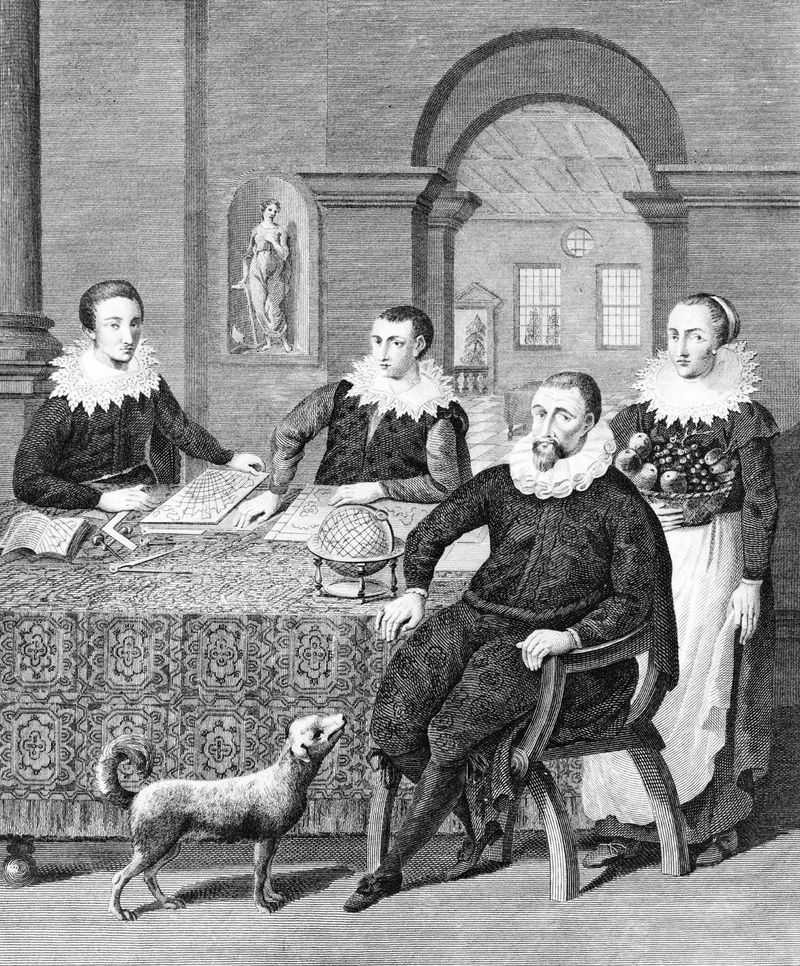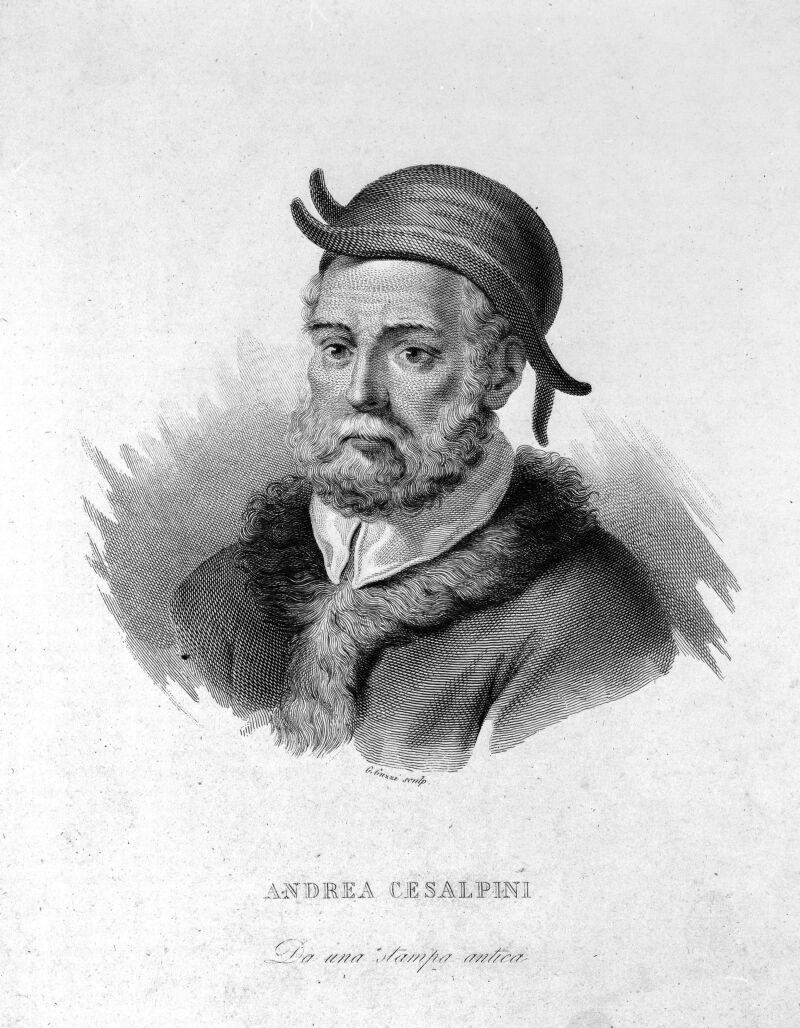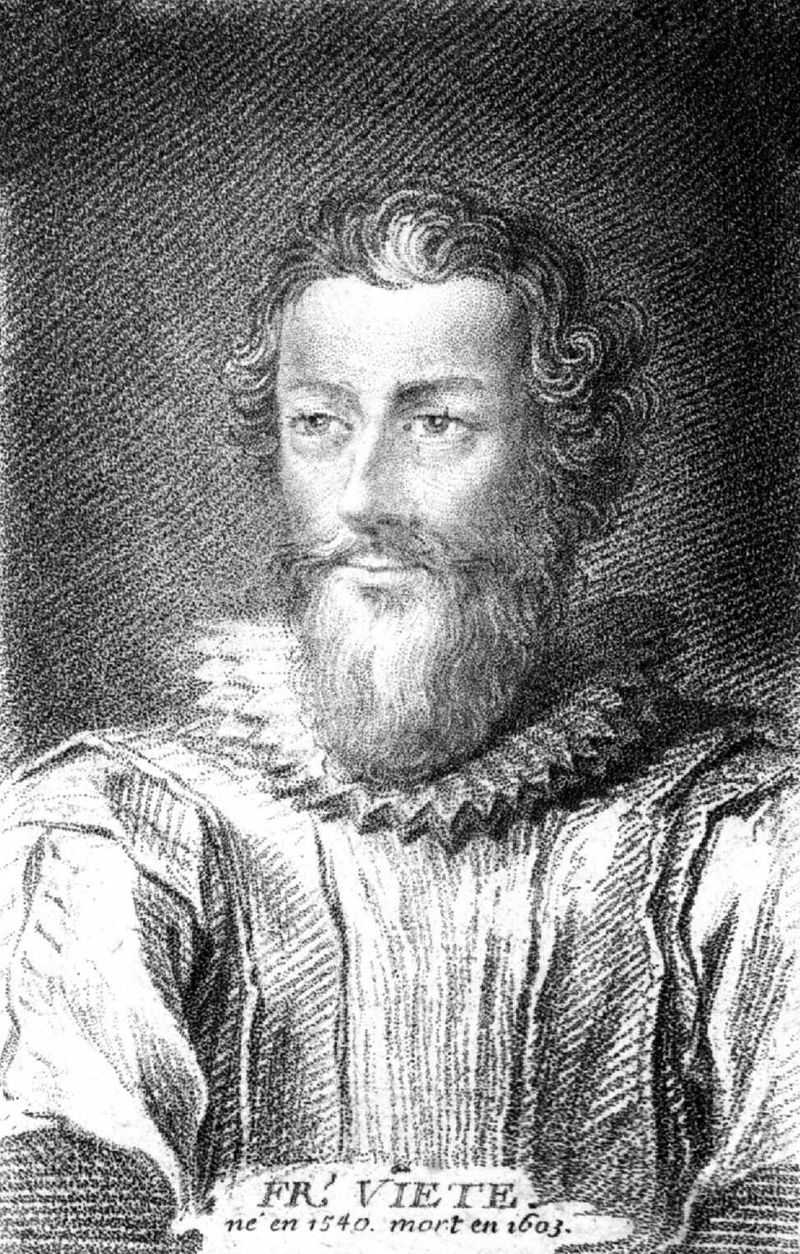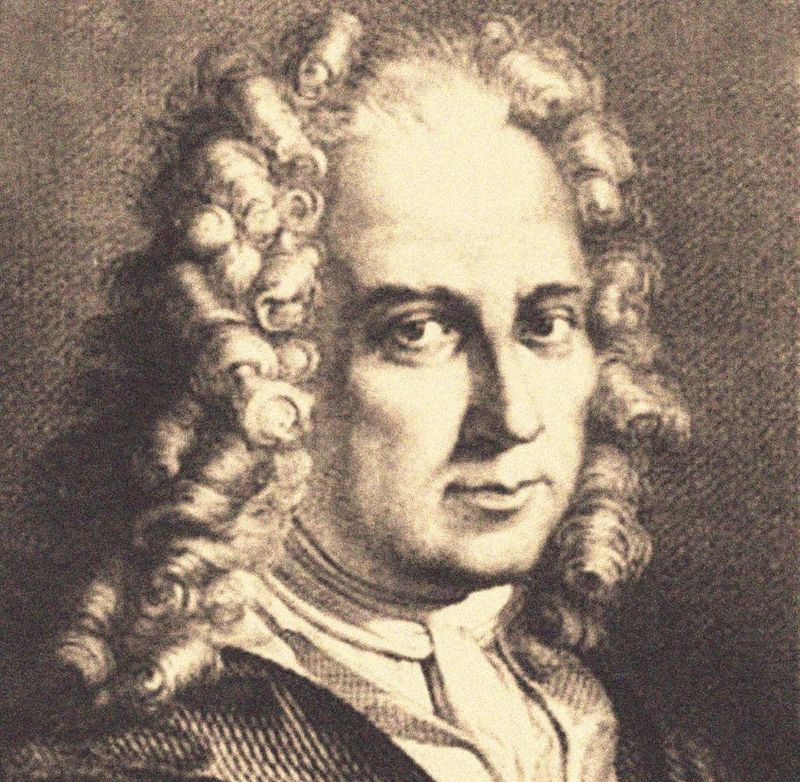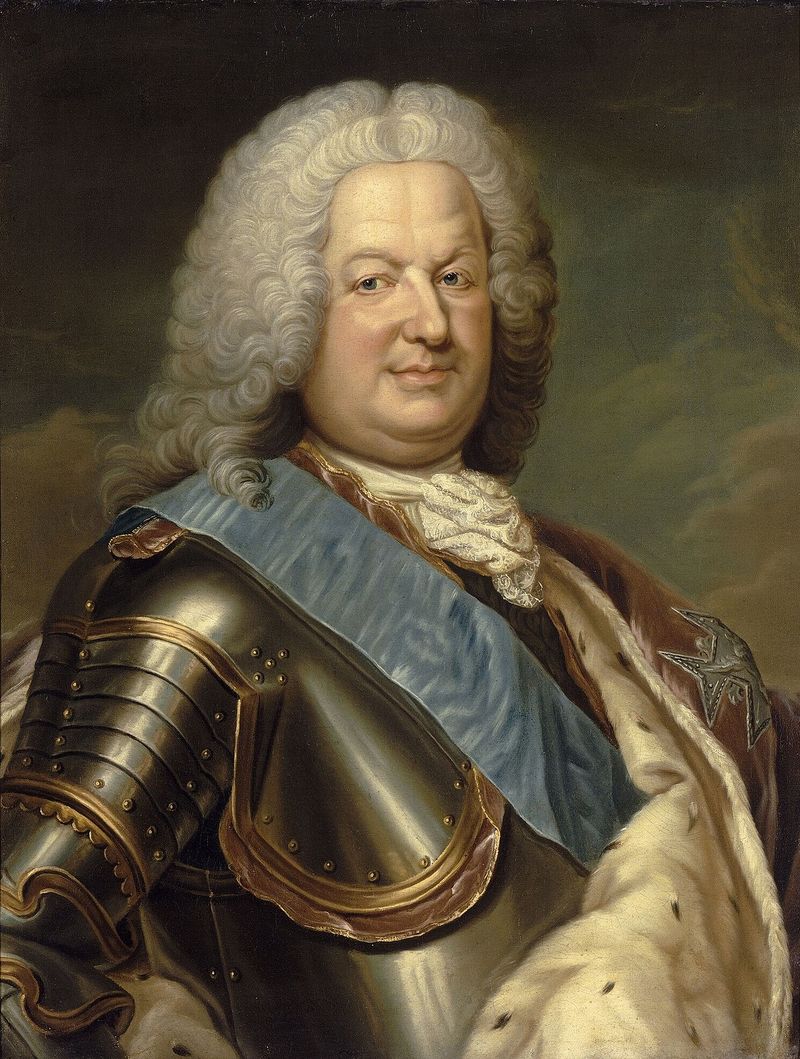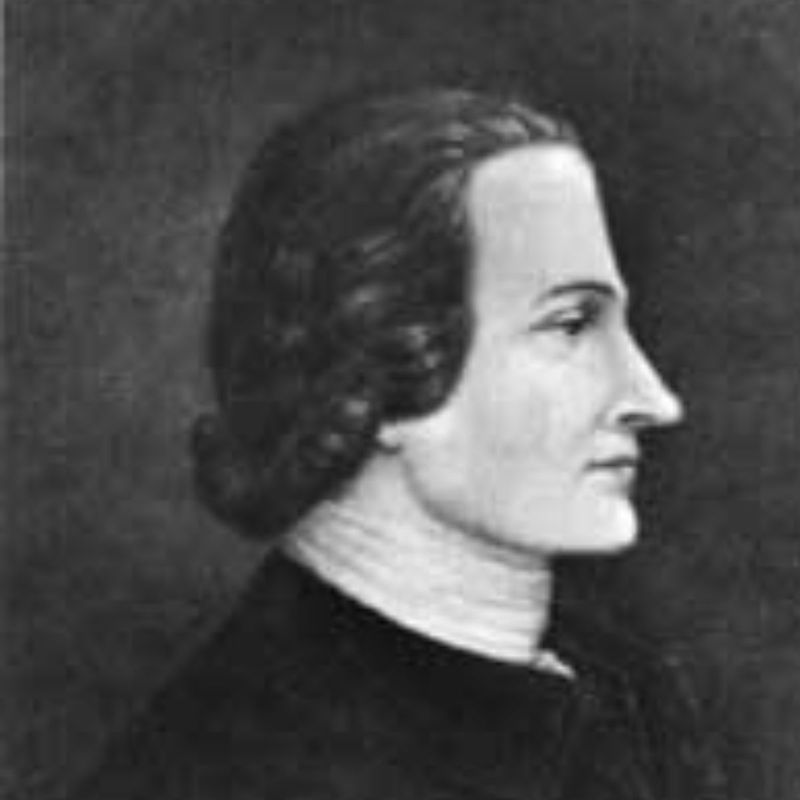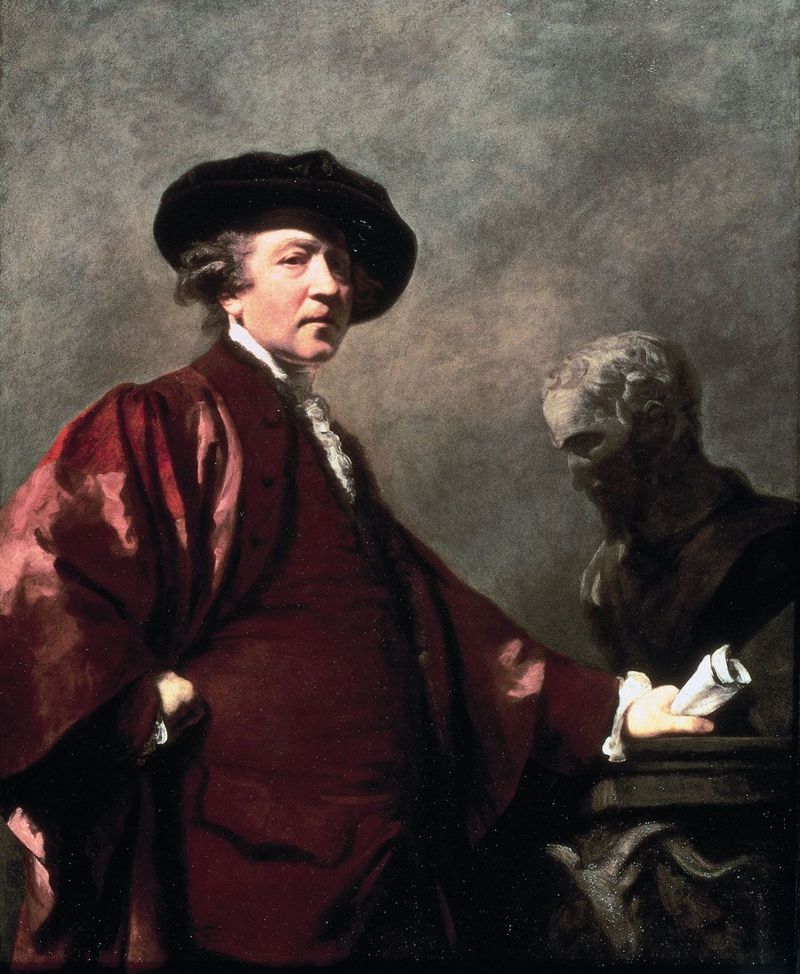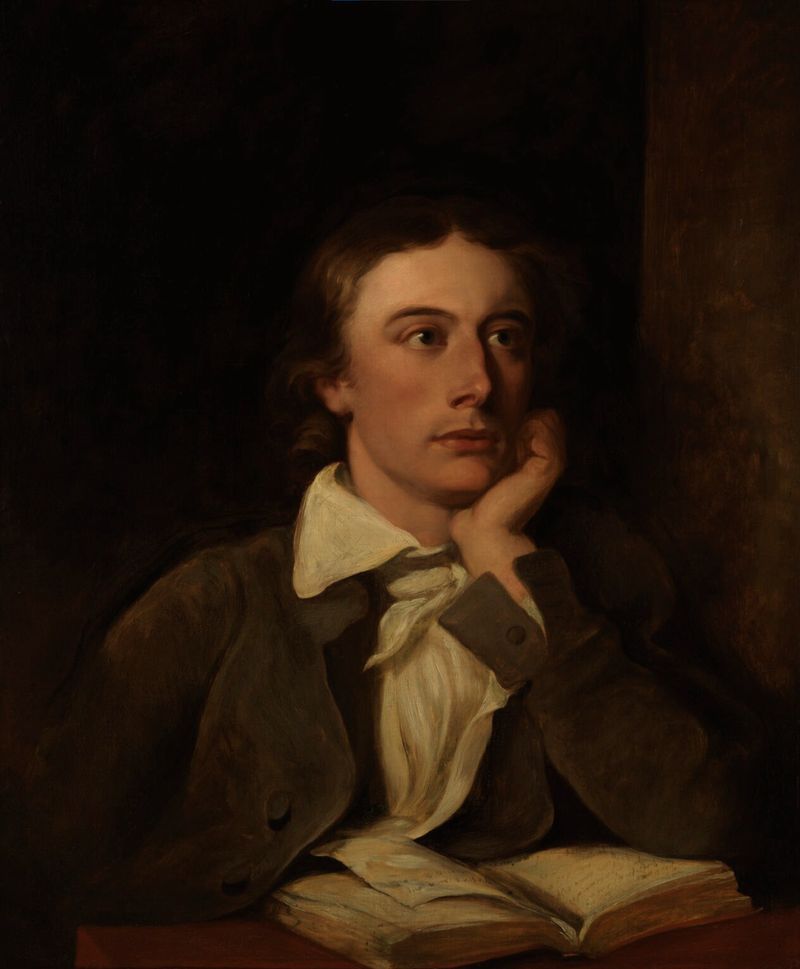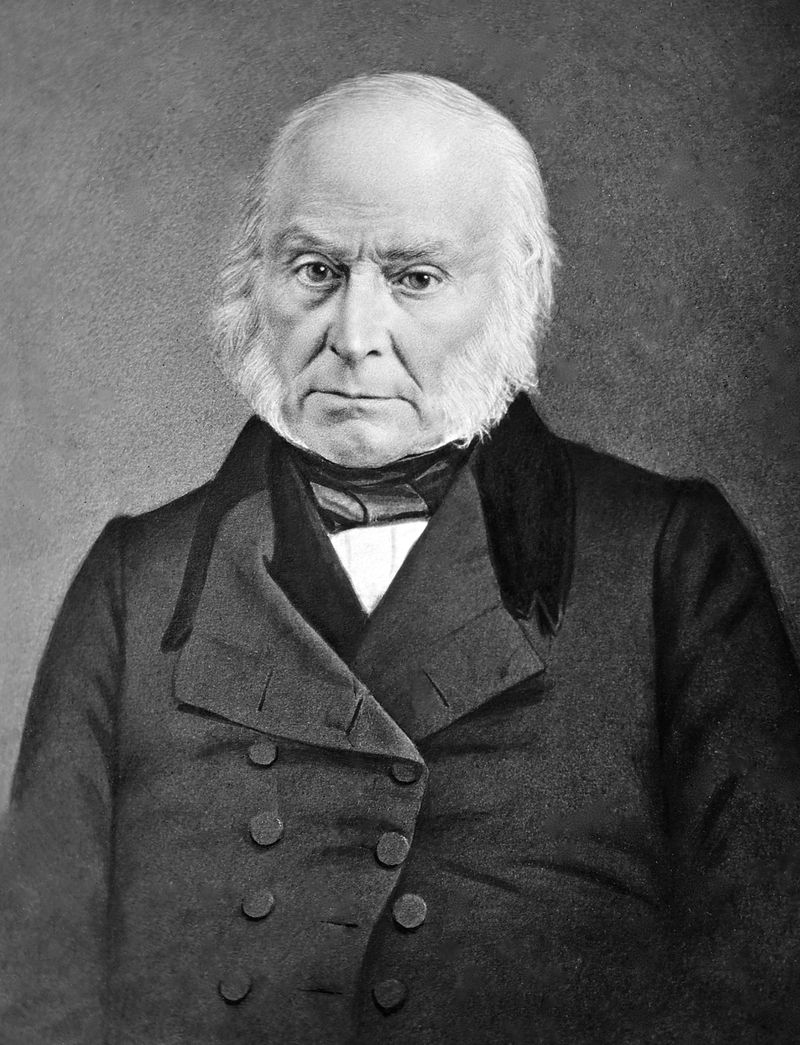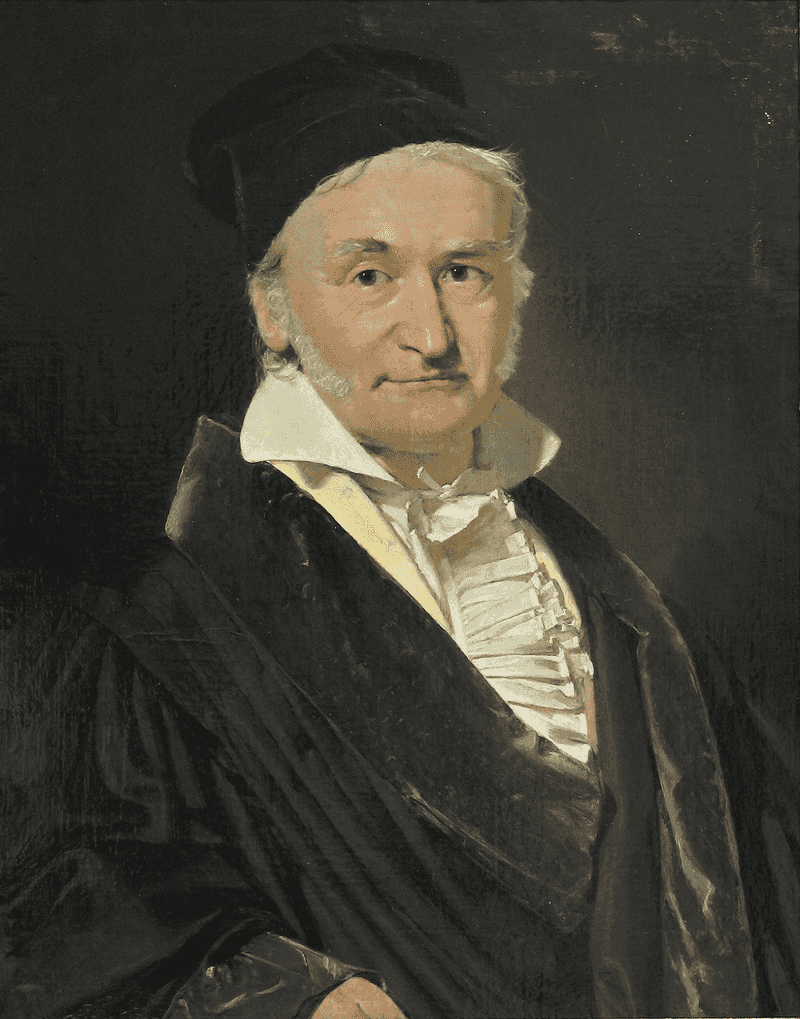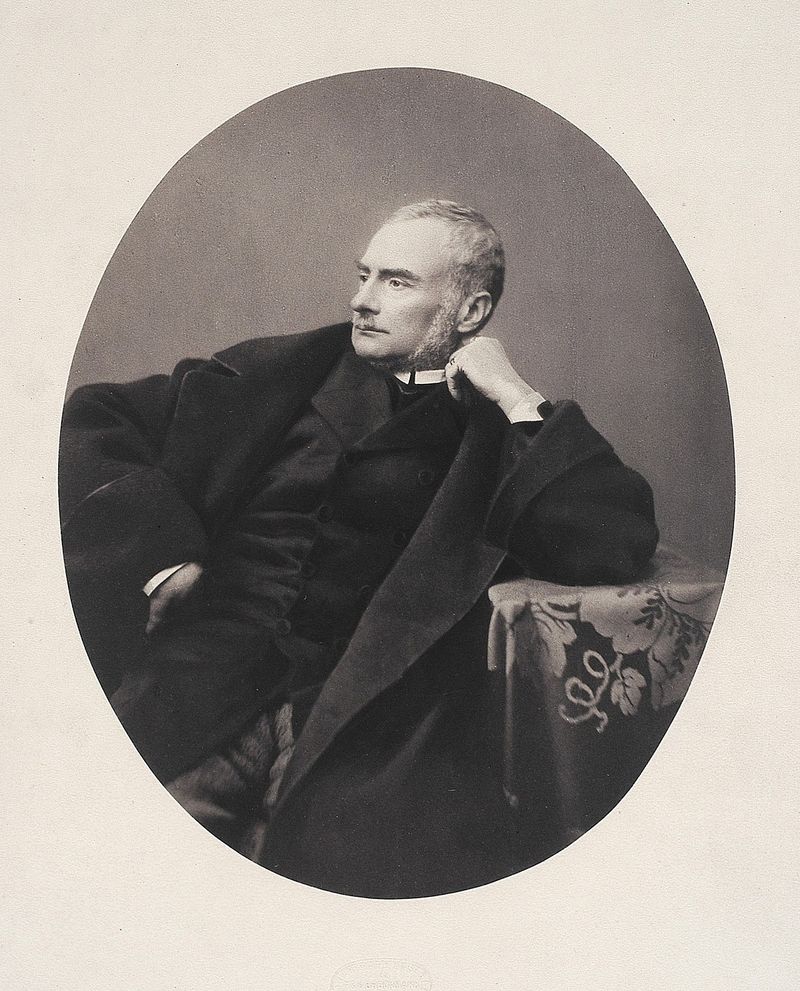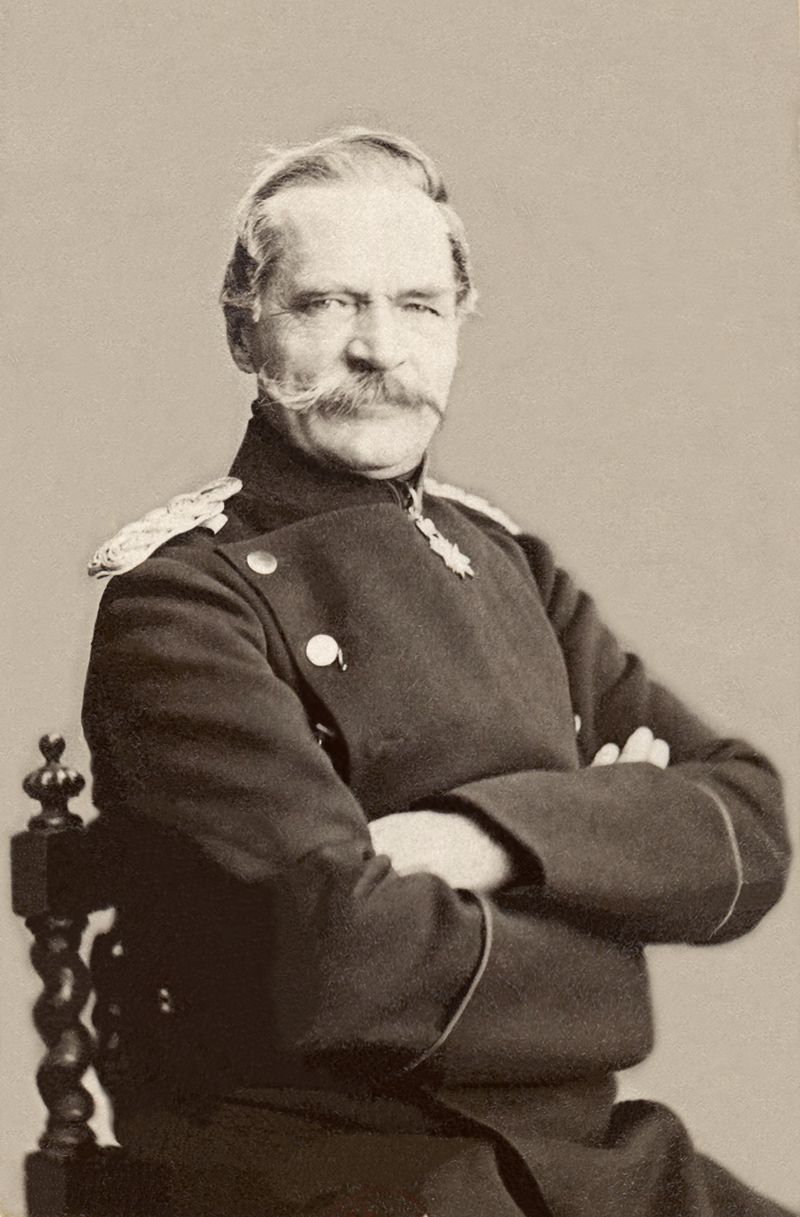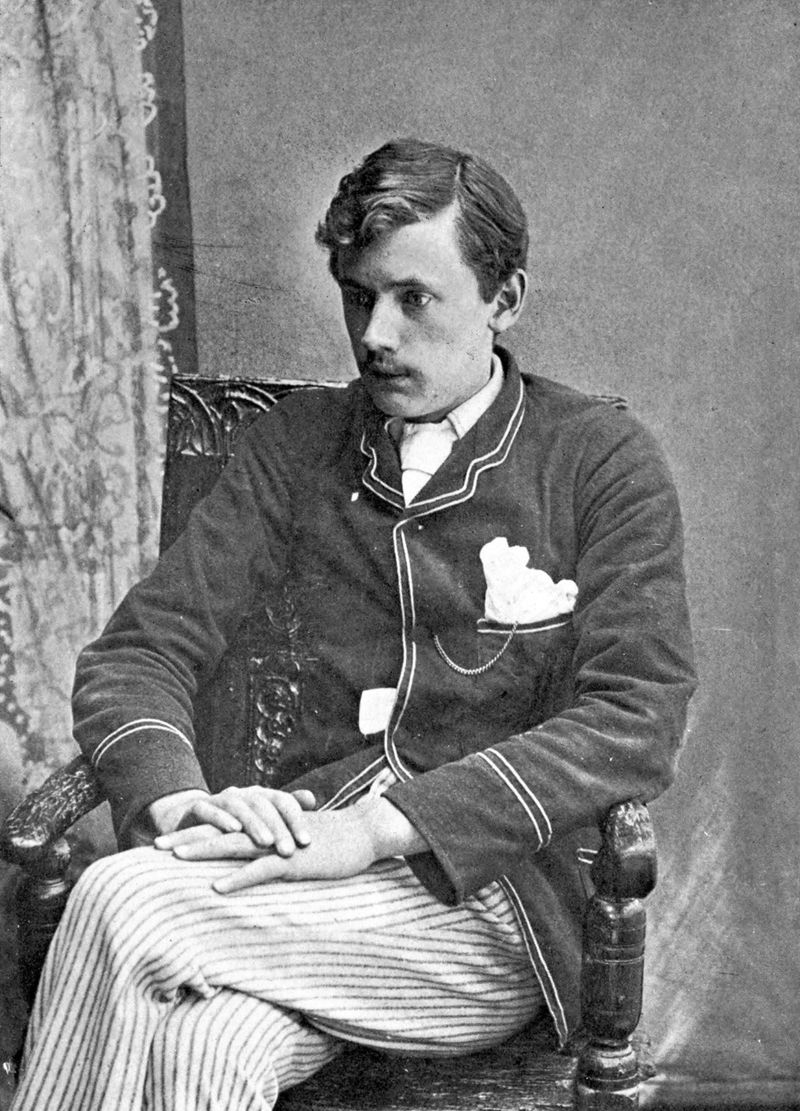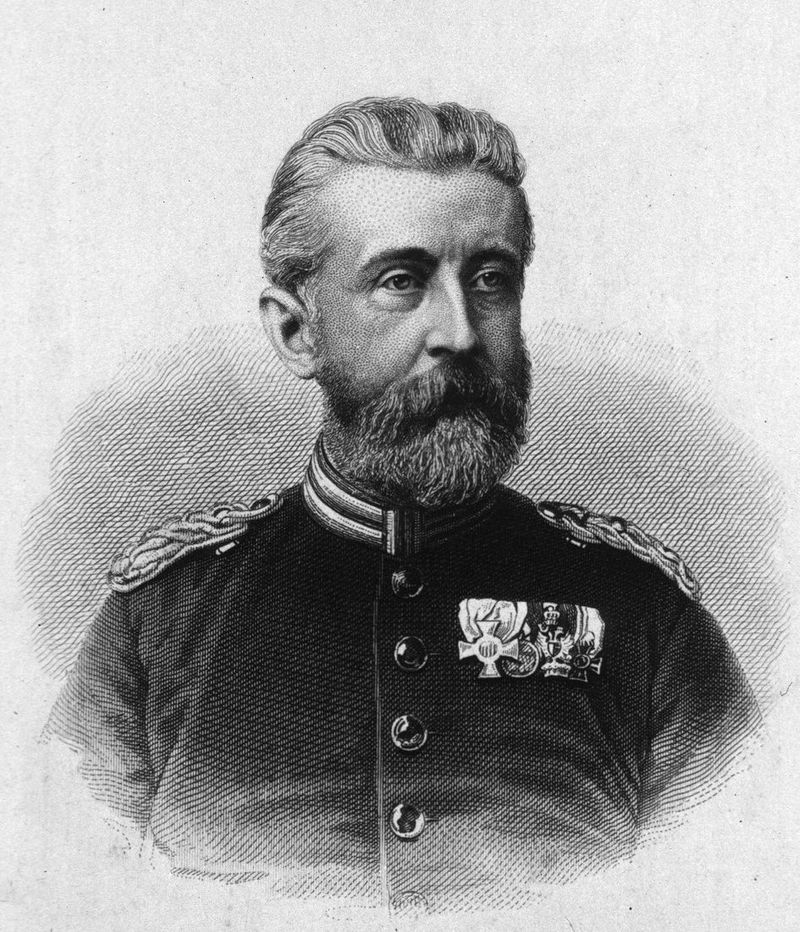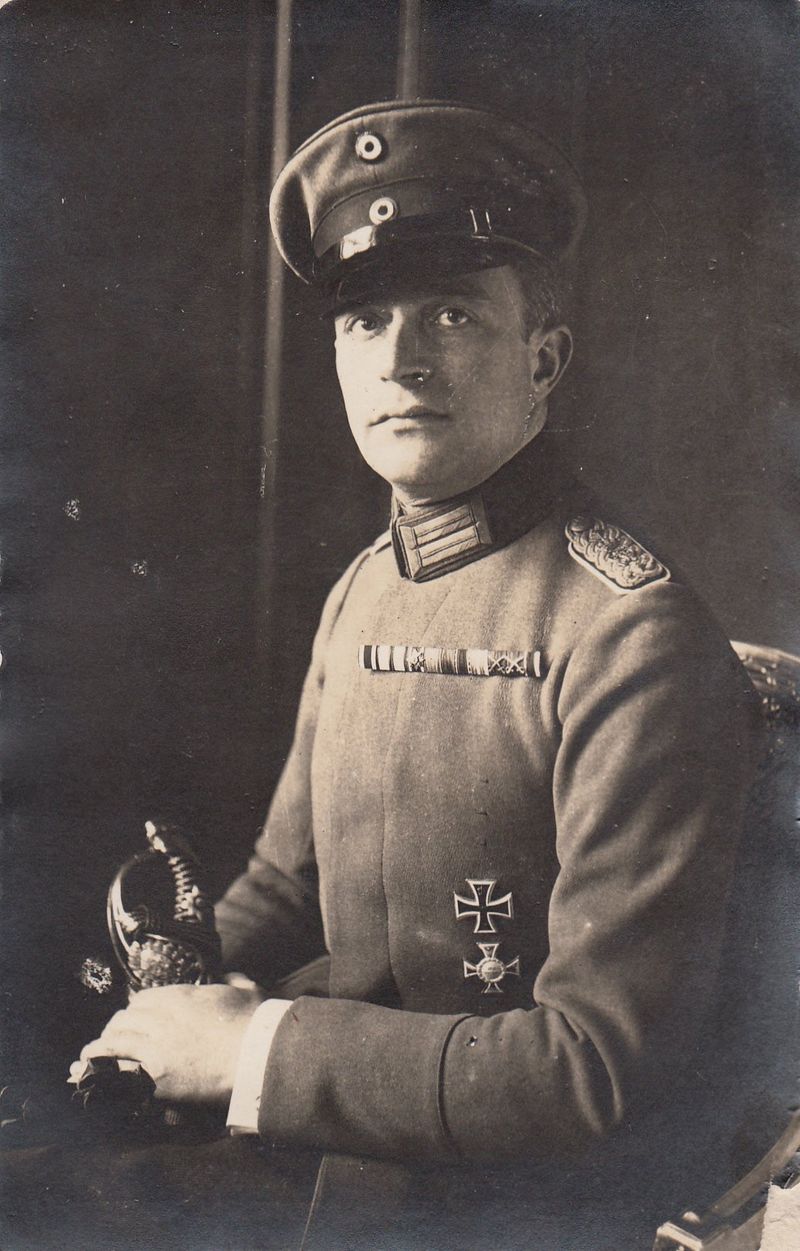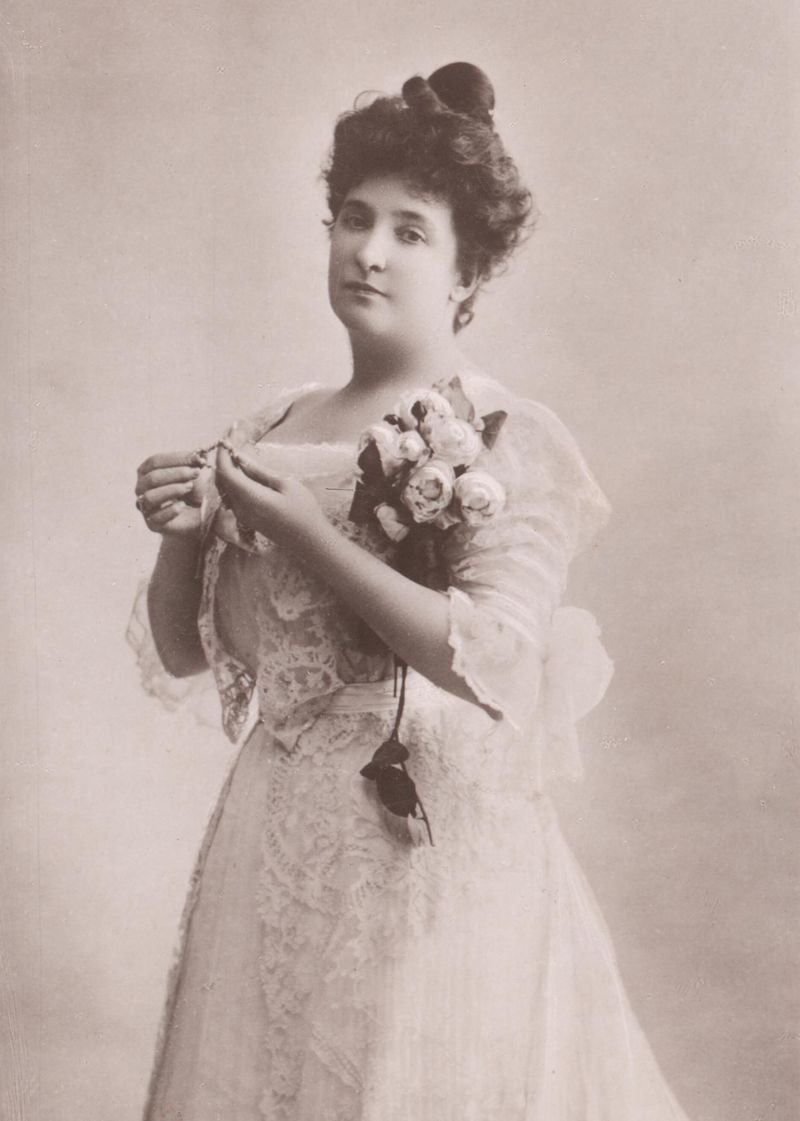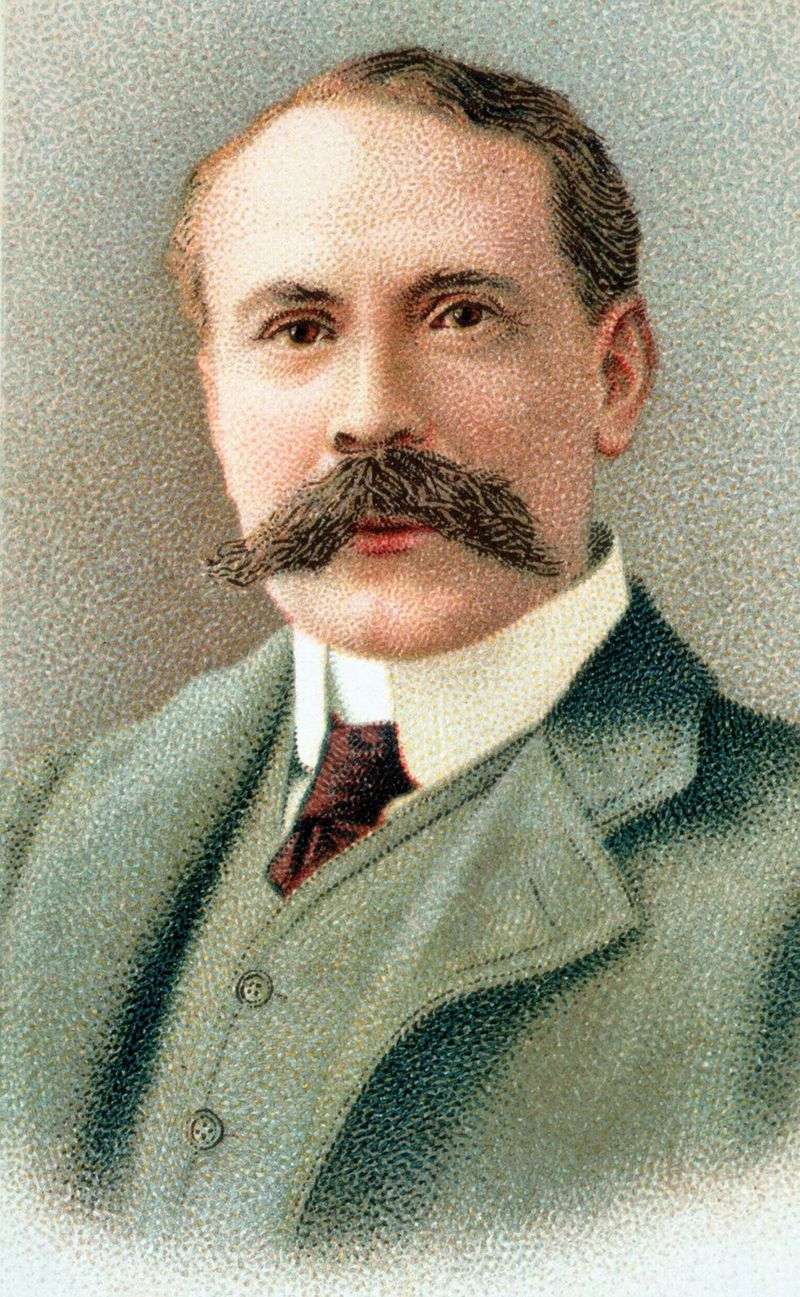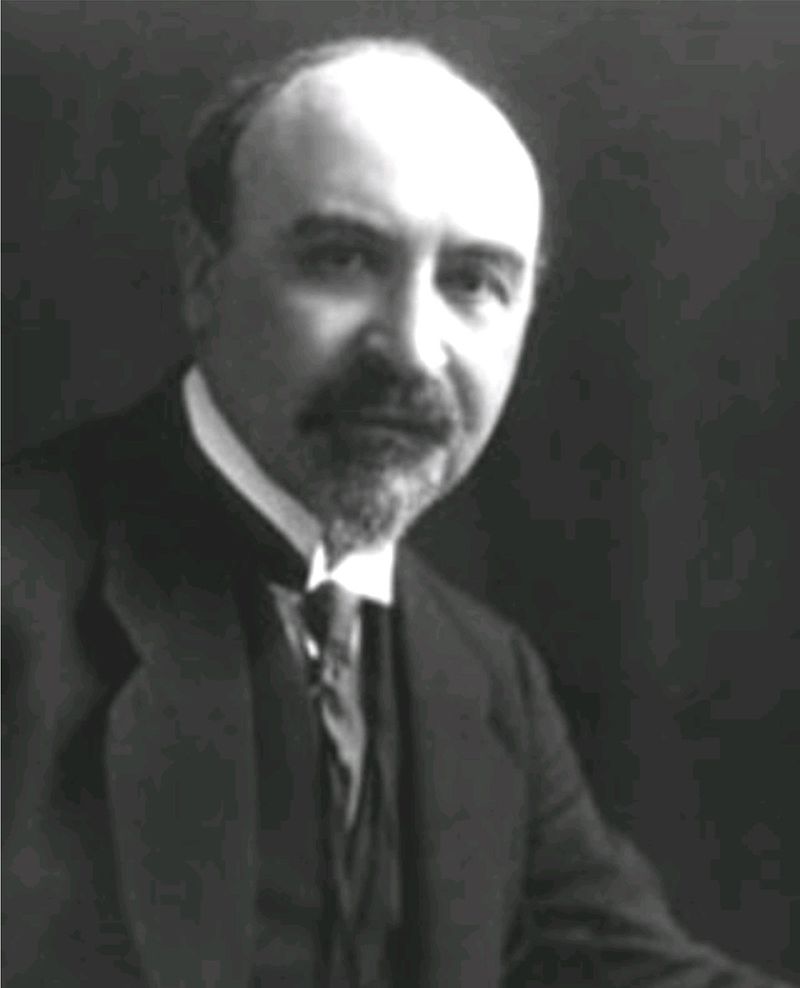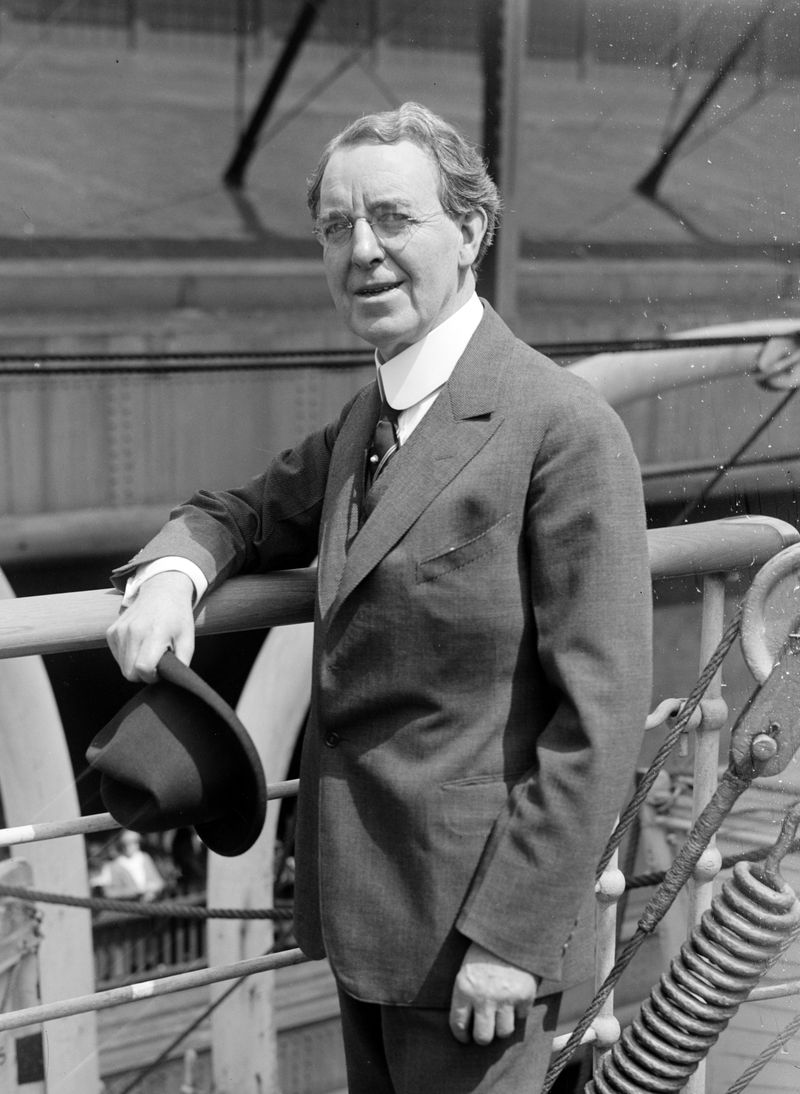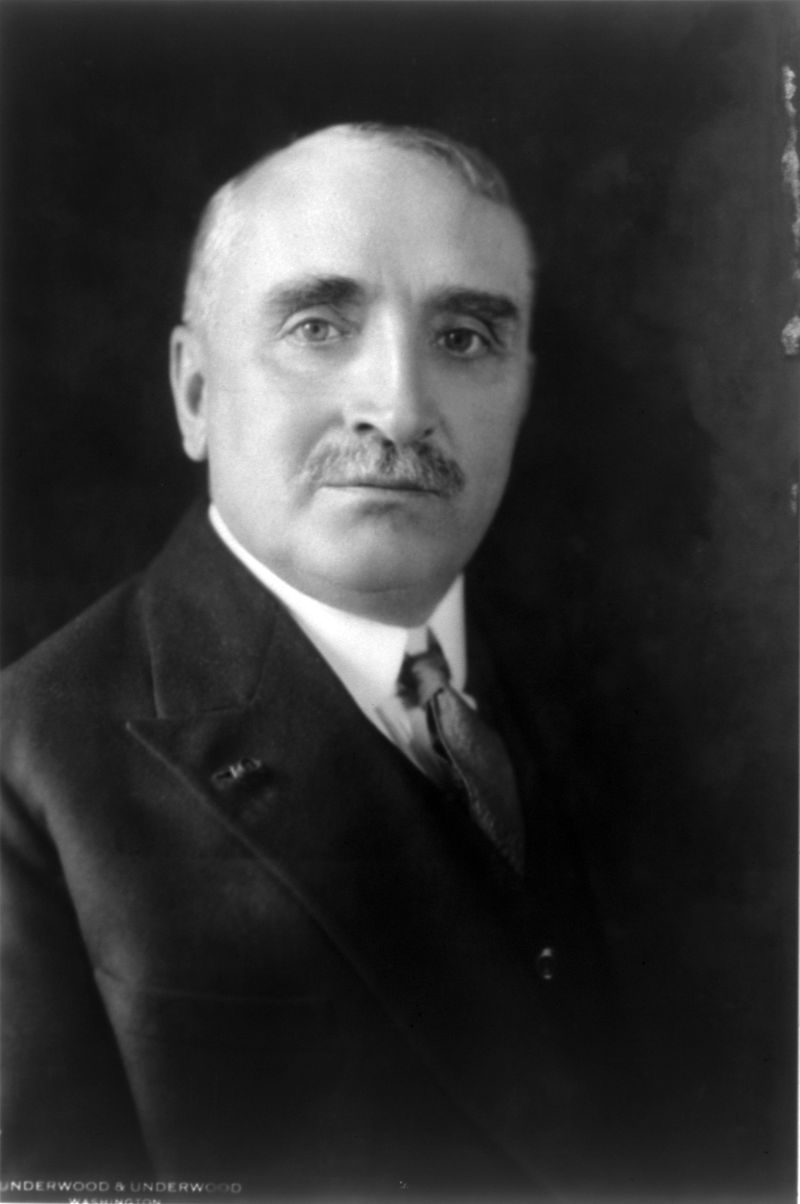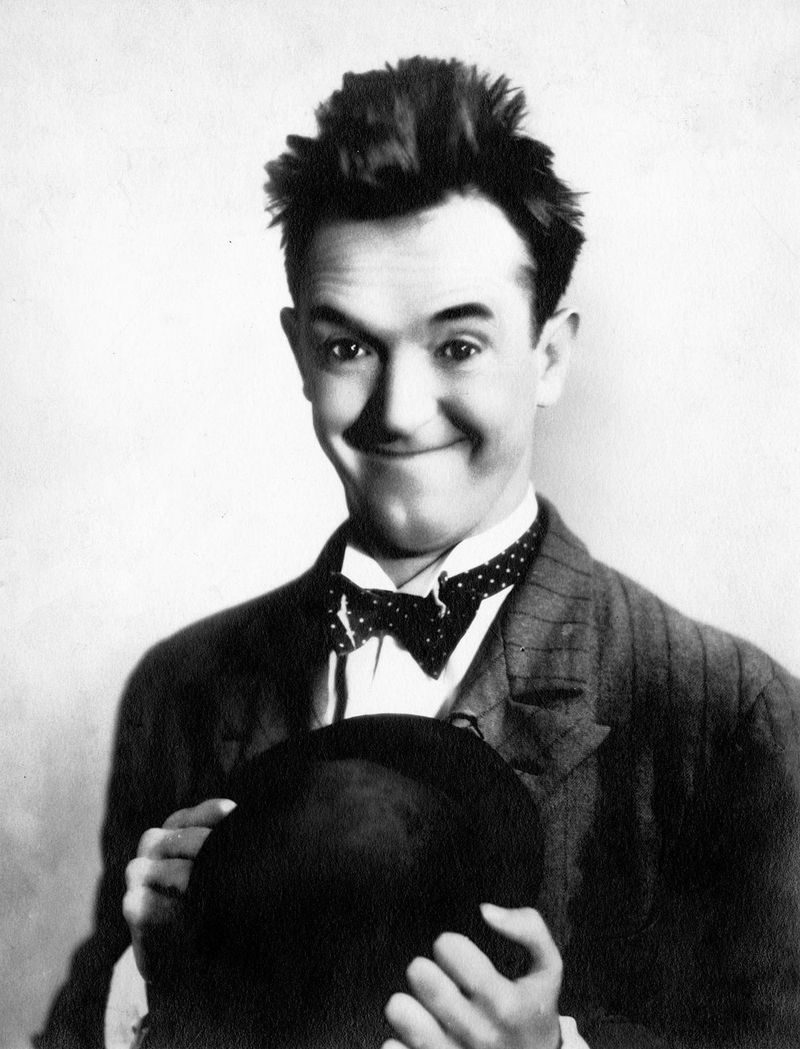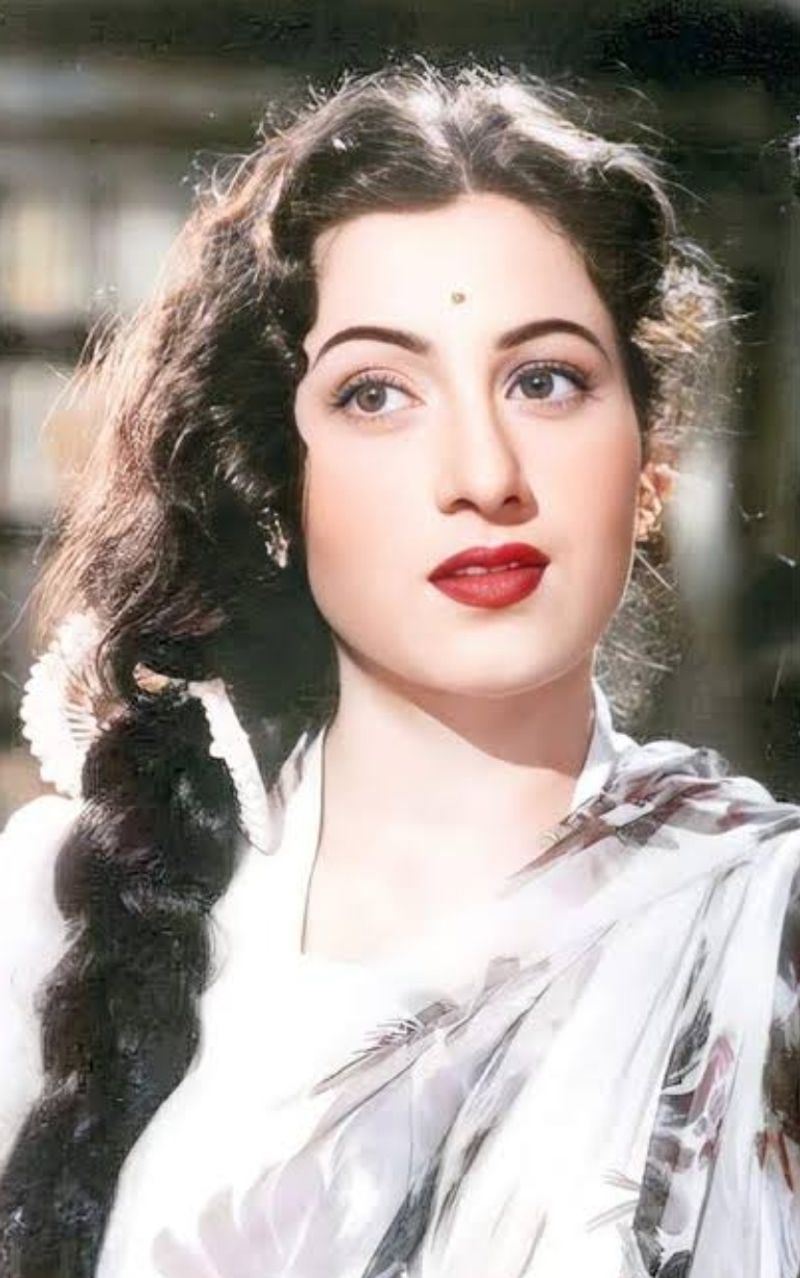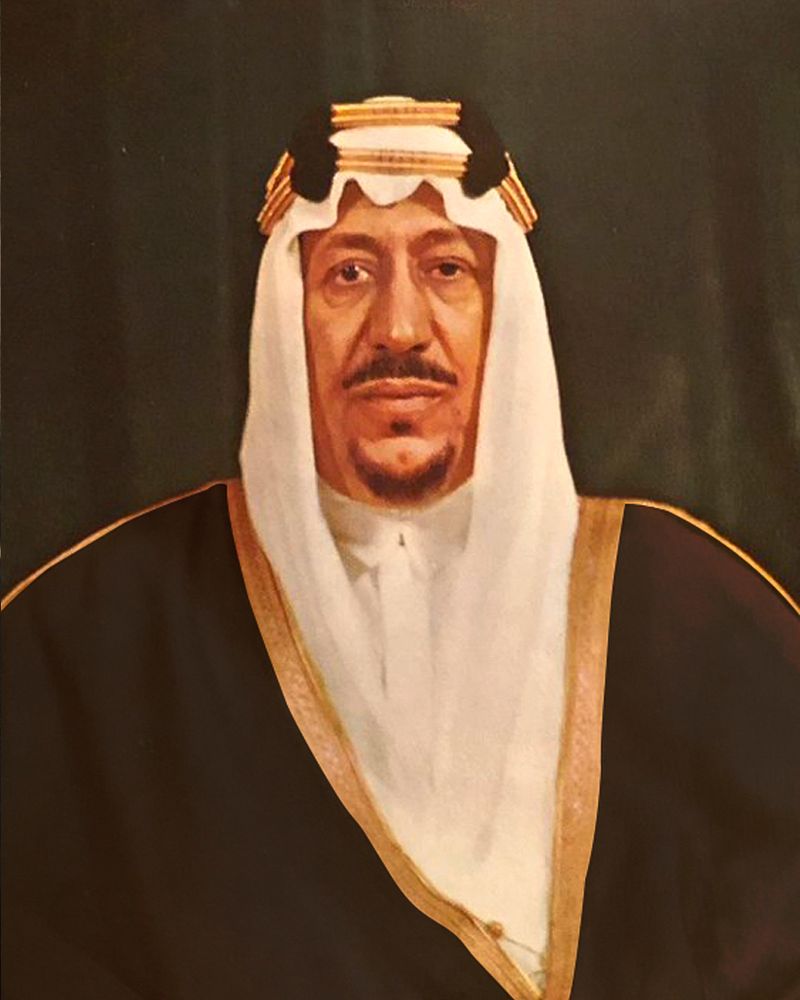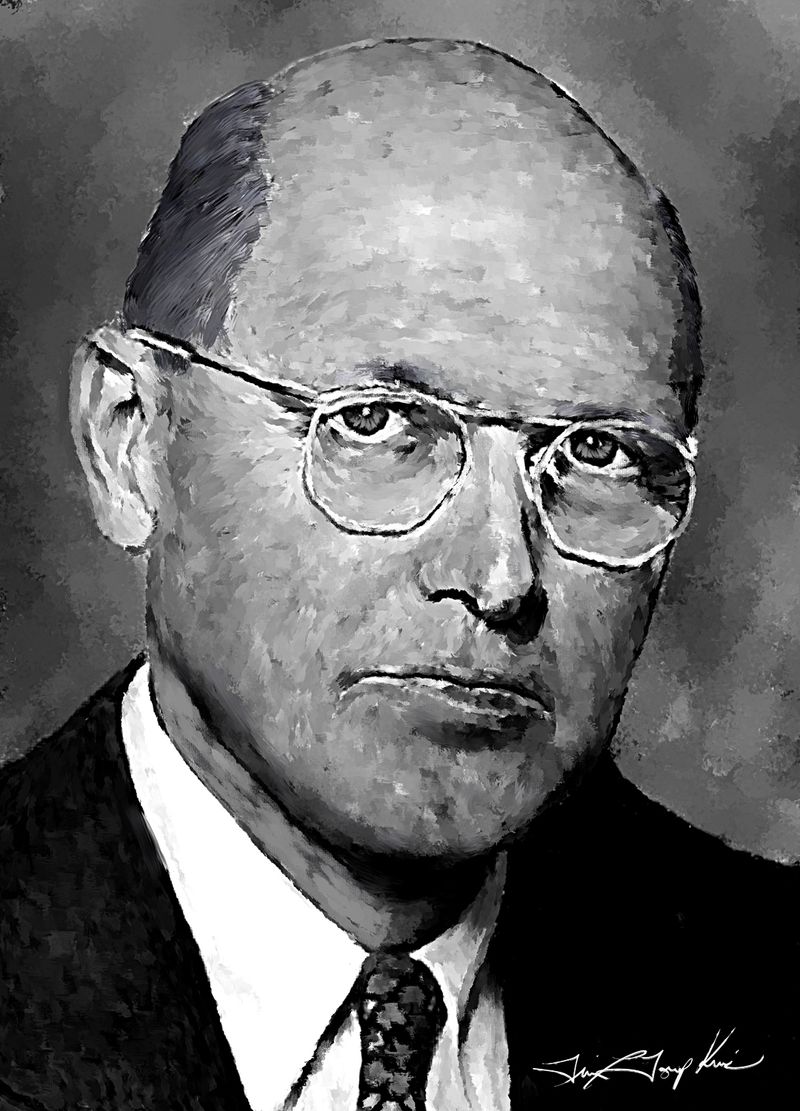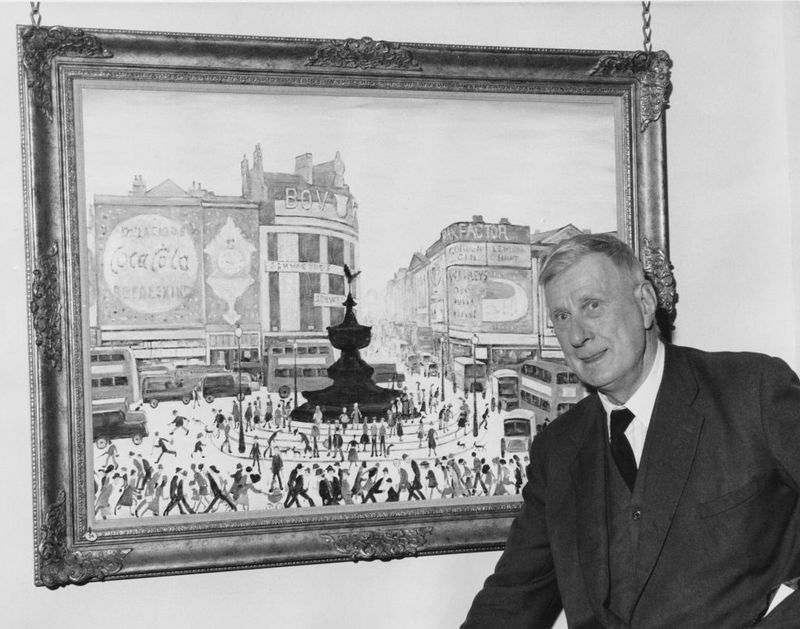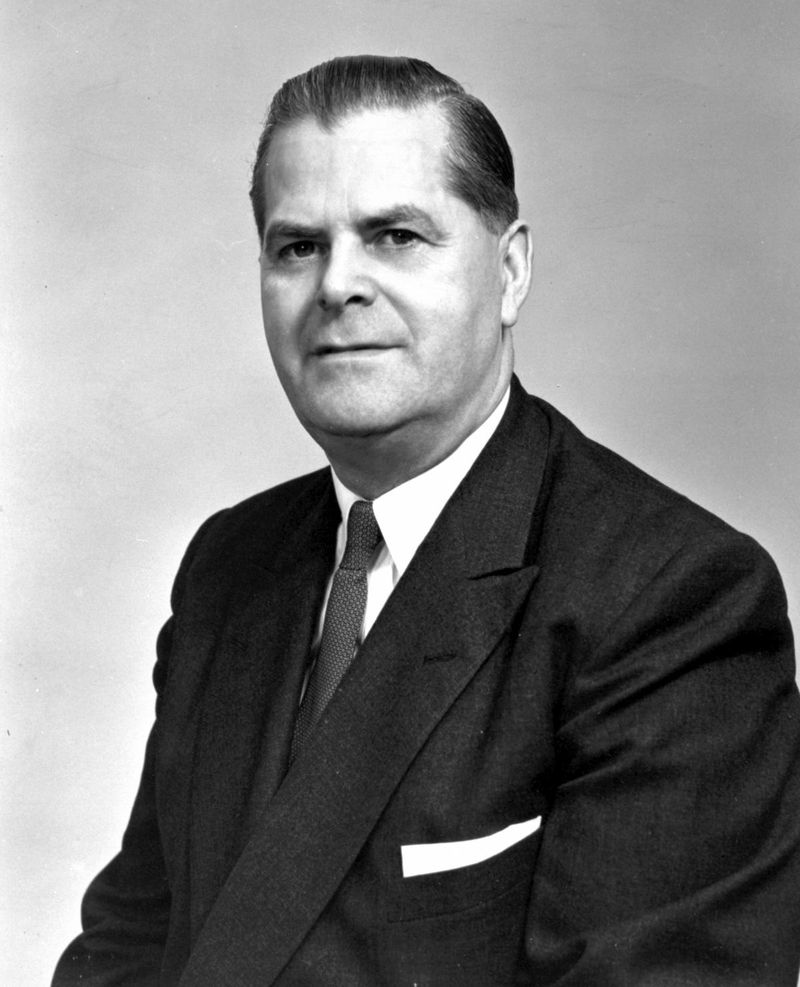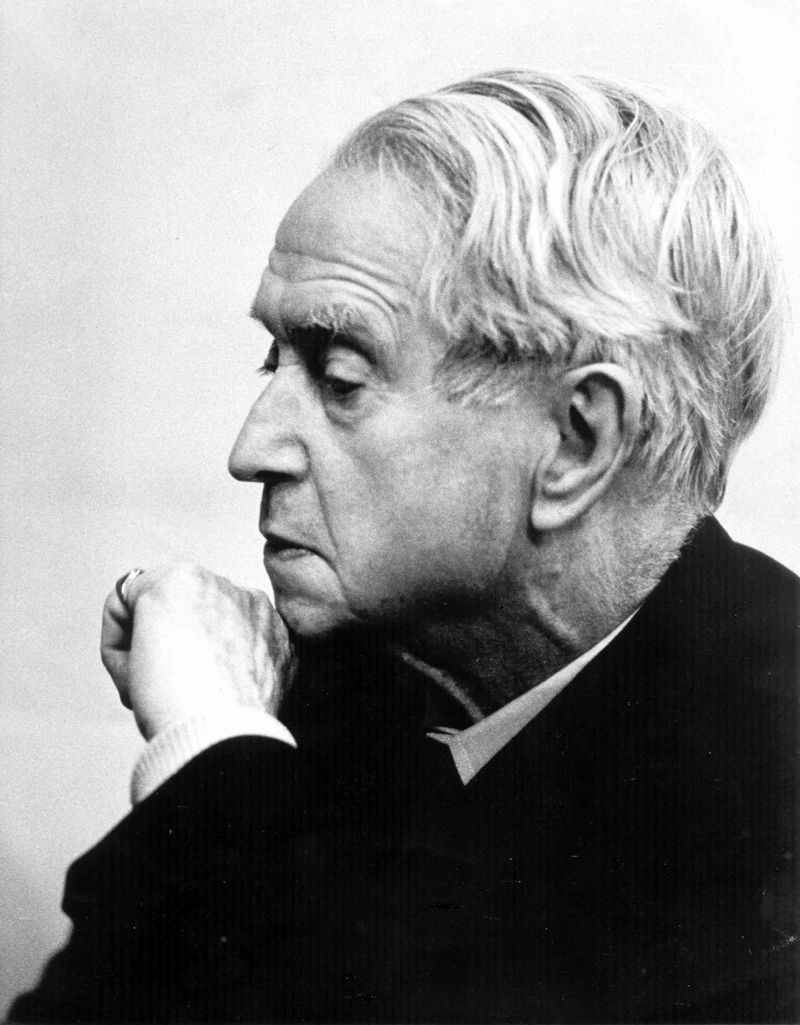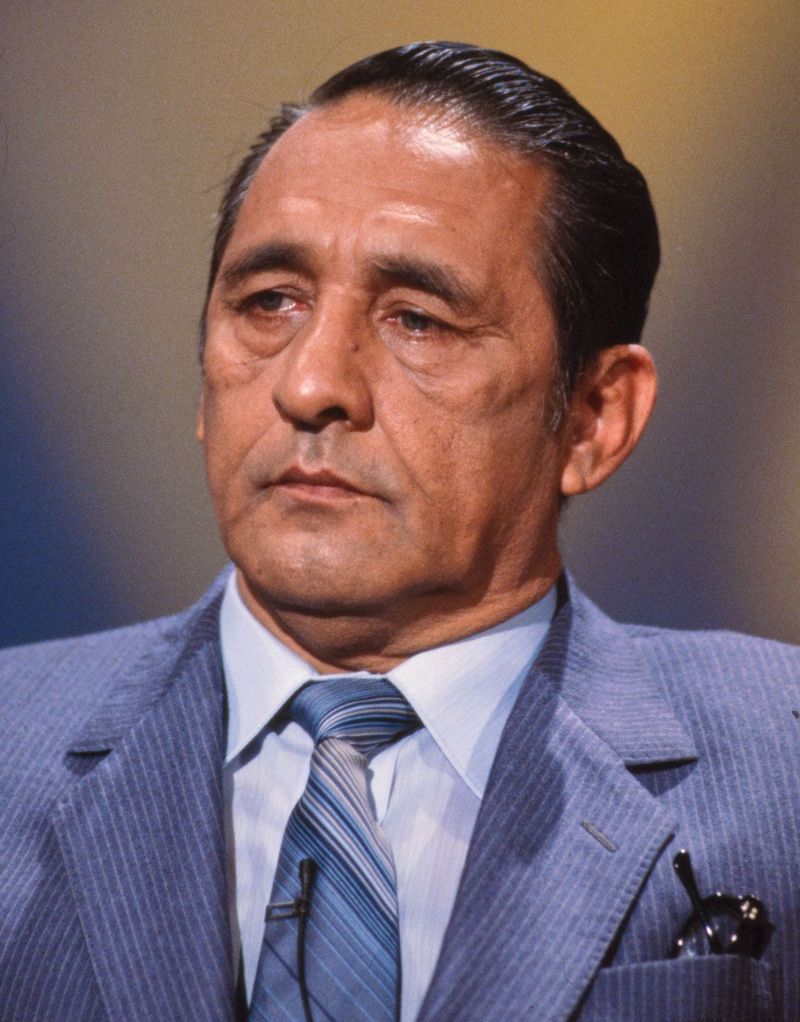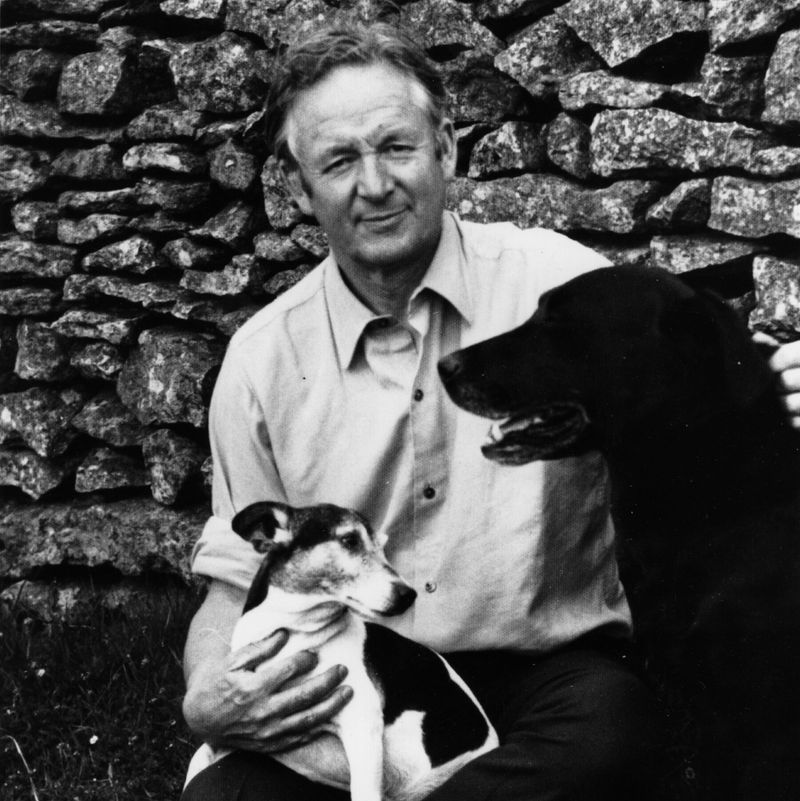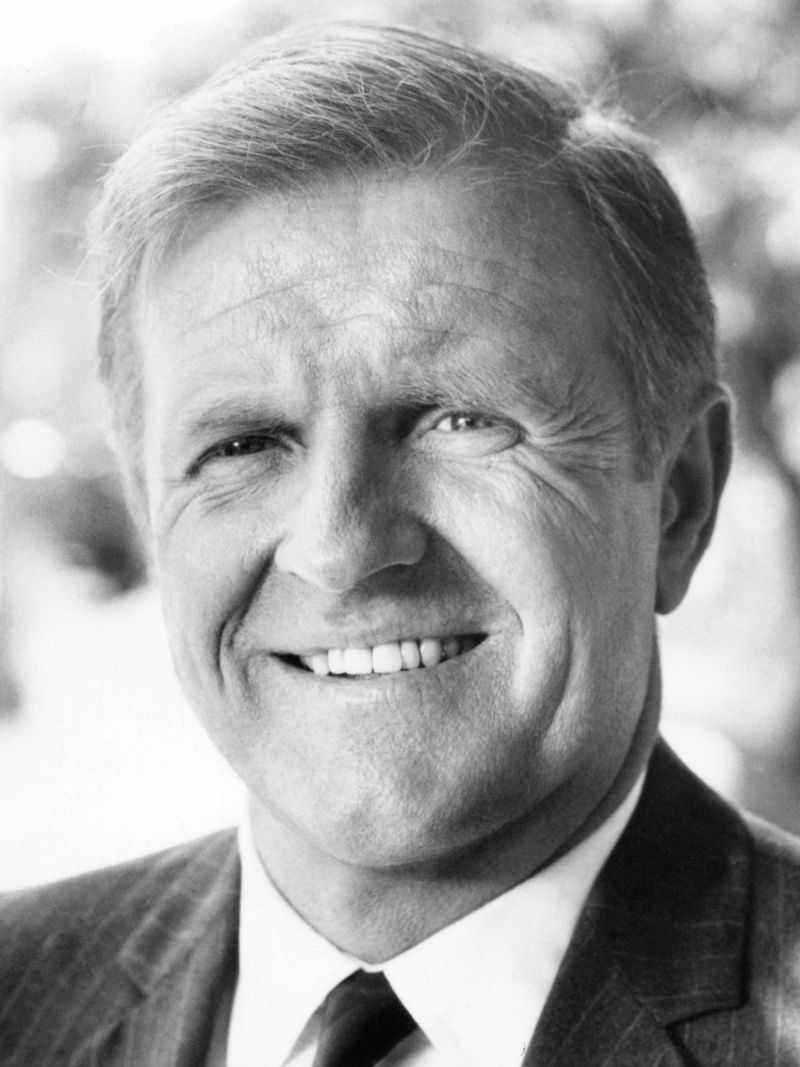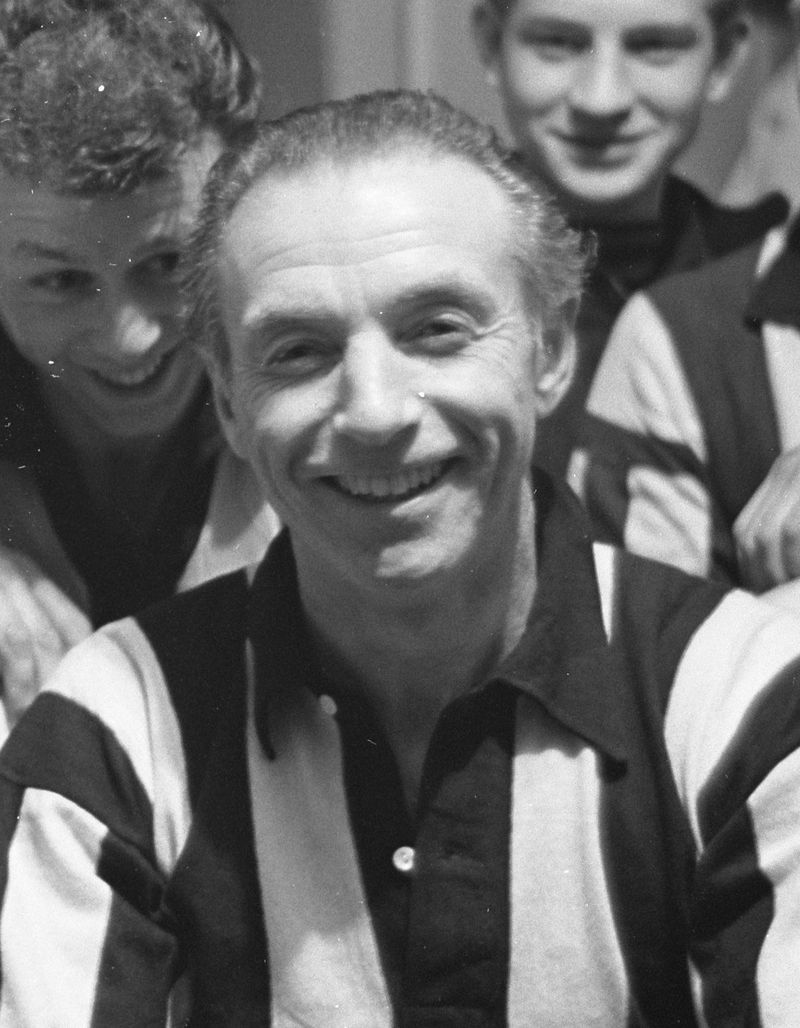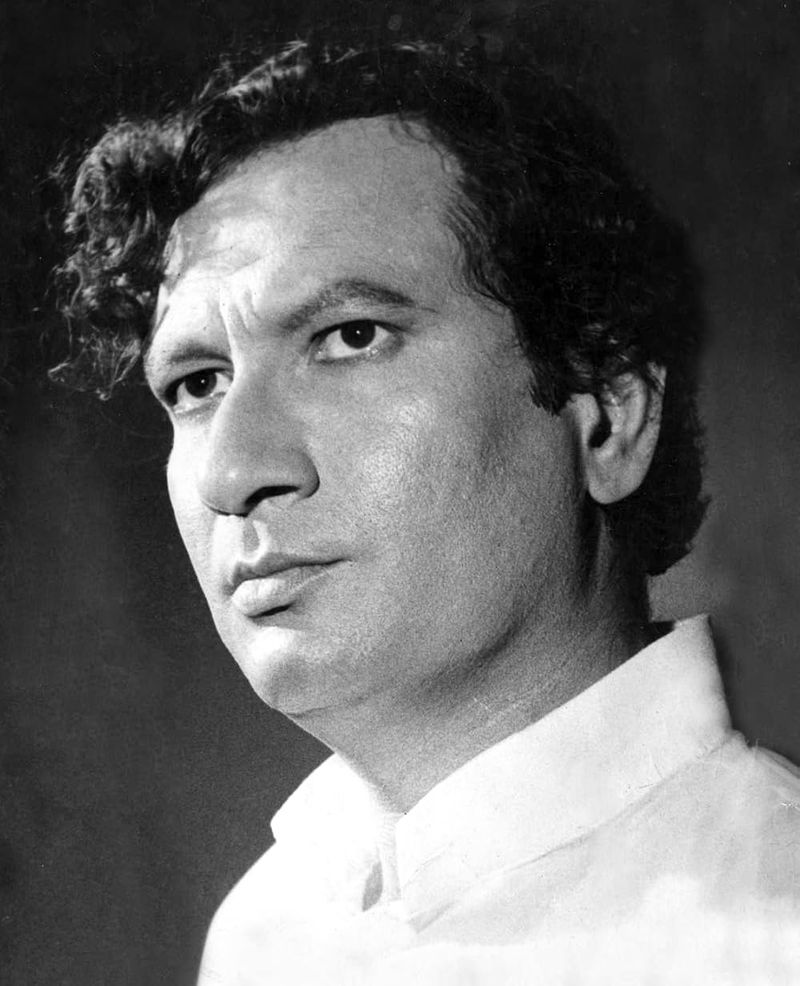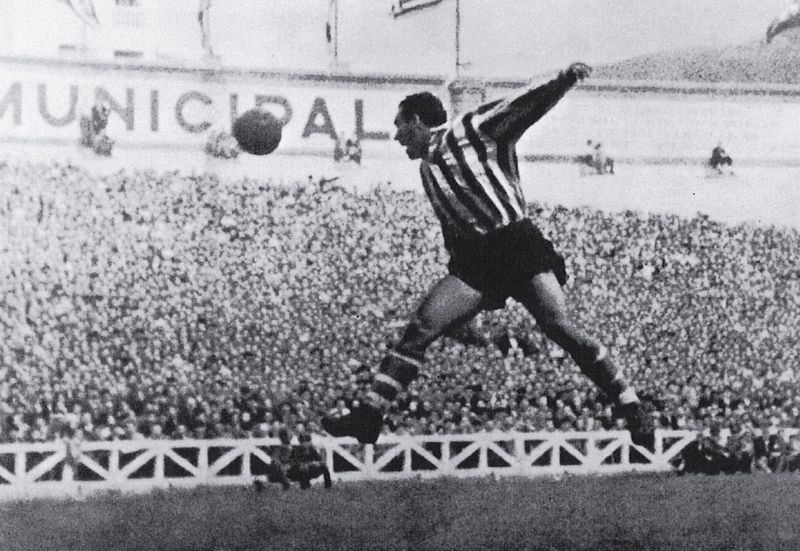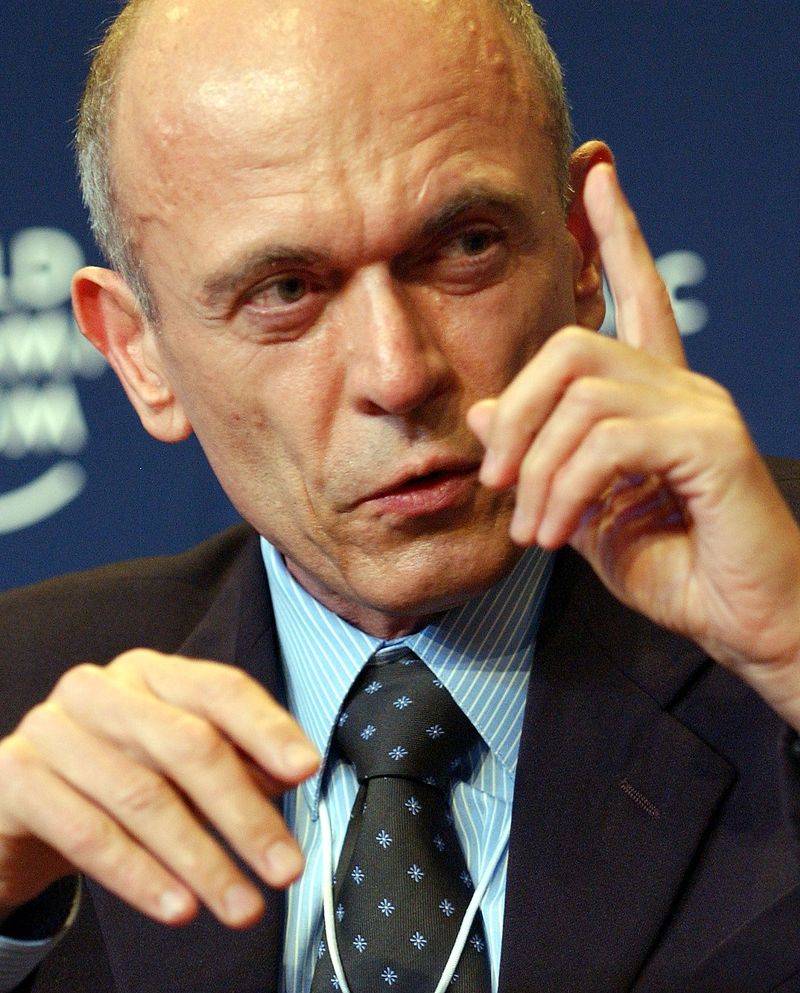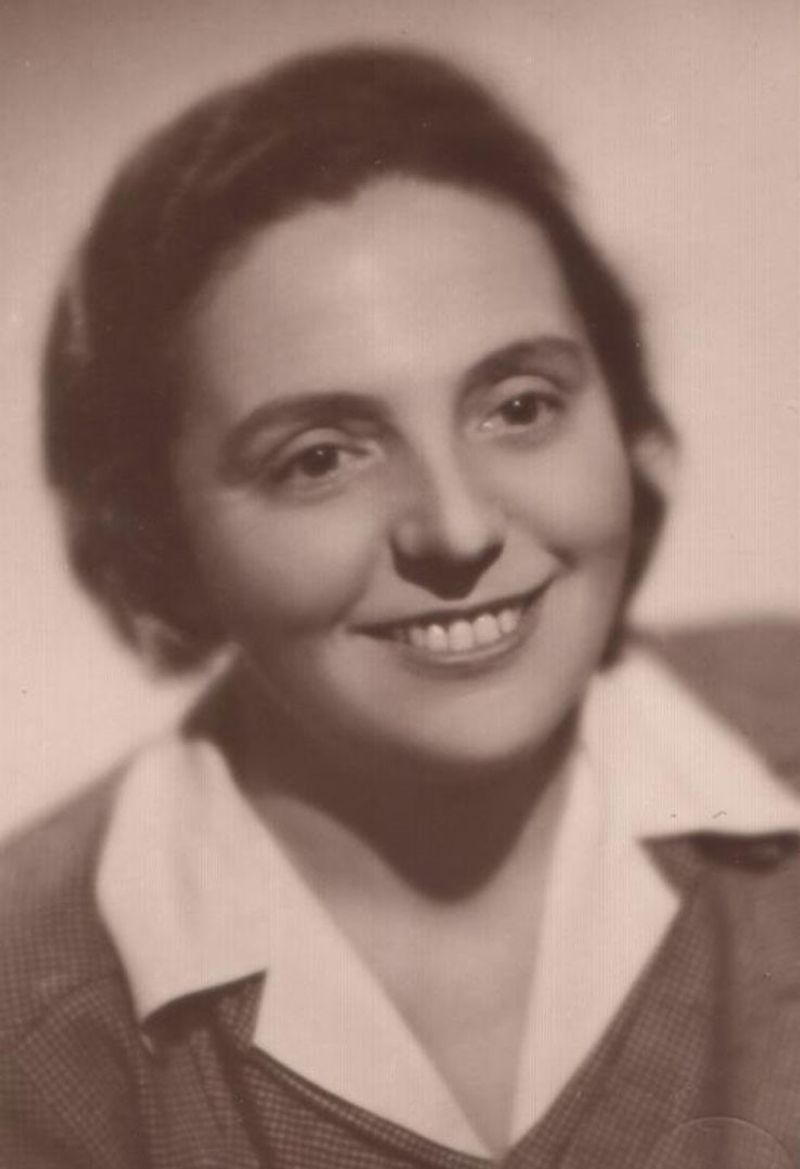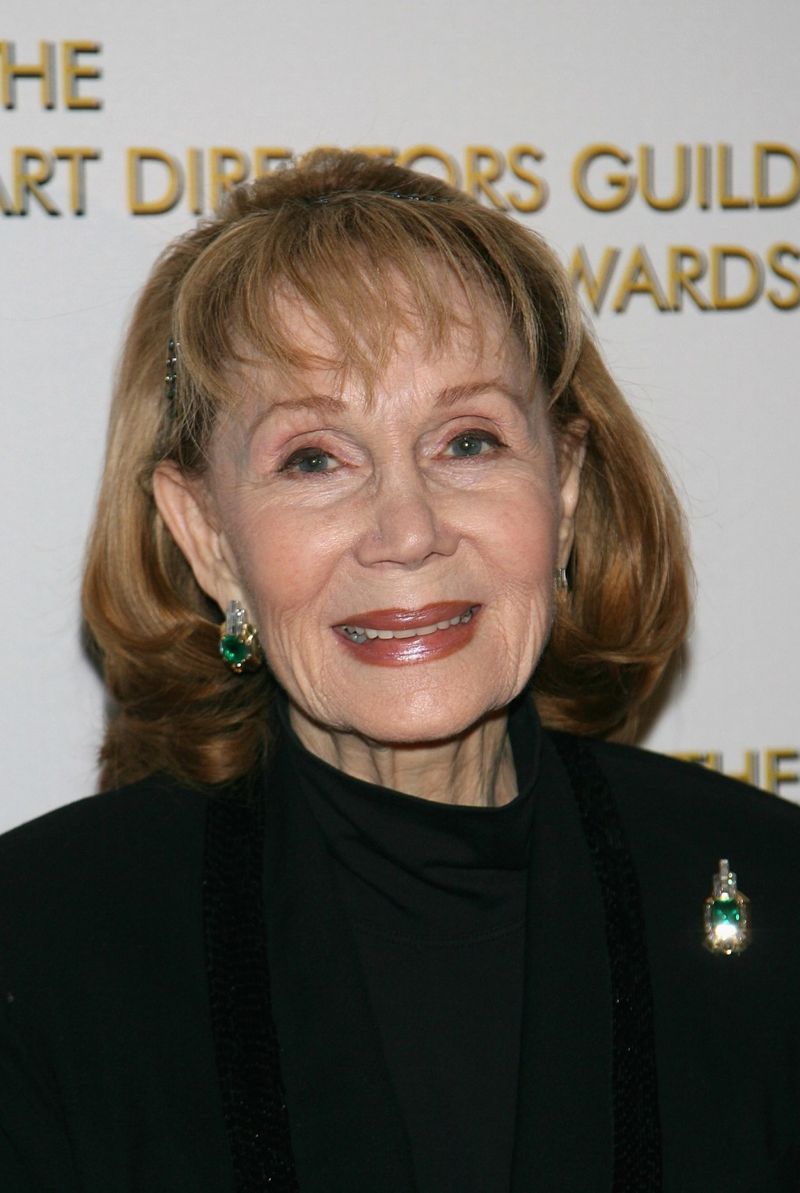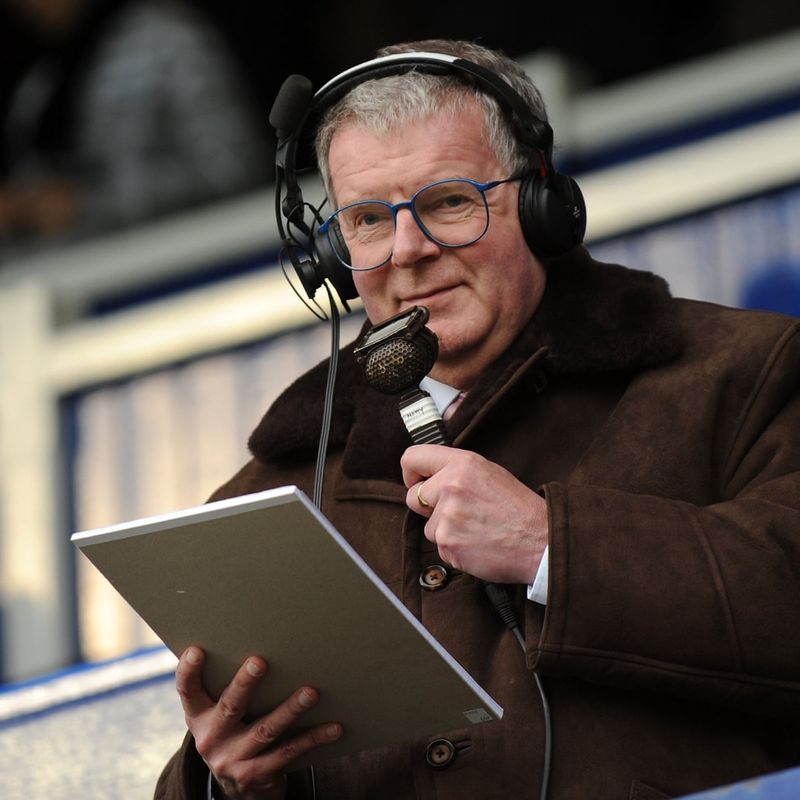February 23 marks the day when several renowned figures left the world, each leaving behind a rich legacy. From leaders and mathematicians to artists and performers, these individuals have impacted various fields.
Let’s explore the lives and contributions of 41 famous figures who passed away on this day, celebrating their achievements and the enduring influence they have in their respective domains.
1. Humphrey, Duke of Gloucester, English nobleman and regent (1447)
Humphrey, Duke of Gloucester, was a prominent English nobleman from the 15th century. Born in 1390, he was a younger son of King Henry IV and served as a key figure during the turbulent Wars of the Roses.
Known for his patronage of learning, Humphrey supported the founding of the University of Oxford’s library. As a regent, he played a crucial role in maintaining stability during King Henry VI’s minority.
However, political rivalries and accusations led to his downfall and mysterious death. Humphrey’s contributions to education and governance are remembered, illustrating his complex legacy.
2. Gentile Bellini, Italian painter (1507)
Gentile Bellini was an influential Italian painter during the Renaissance, born around 1429 in Venice. Celebrated for his detailed portraits and religious scenes, Bellini’s work captured the essence of Venetian culture.
He served as the official painter to the Doge of Venice and traveled to Constantinople, influencing cross-cultural artistic exchanges. His portraits of prominent figures, including the Sultan, reflect his mastery and adaptability.
Bellini’s contributions extend to the training of future artists, shaping the Venetian school of painting. His legacy remains evident in the rich artistic heritage of Venice, inspiring generations of artists.
3. Diego Columbus, Portuguese navigator, son of Christopher Columbus (1526)
Diego Columbus, born in 1479, was the eldest son of the famed explorer Christopher Columbus. Following in his father’s footsteps, Diego became a notable navigator and explorer.
Appointed as the Governor of the Indies, he worked to establish Spanish rule in the New World. His tenure faced challenges, including conflicts with other colonial administrators.
Despite these difficulties, Diego played a significant role in the early colonial history of the Americas. His efforts to uphold his father’s legacy and expand Spanish influence are remembered, highlighting his contributions to exploration and governance.
4. Andrea Cesalpino, Italian philosopher, physician, and botanist (1603)
Andrea Cesalpino was a renowned Italian philosopher, physician, and botanist born in 1519. His work laid the foundations for modern botany, with his classification system influencing future scientific studies.
Cesalpino’s treatise, “De Plantis,” revolutionized the understanding of plant life by organizing species based on their characteristics. As a physician, he contributed to medical knowledge and served as a professor at the University of Pisa.
Cesalpino’s interdisciplinary approach and innovative ideas made significant impacts on science and medicine. His legacy endures through his contributions to botany and his pioneering spirit in scientific exploration.
5. Franciscus Vieta, French mathematician (1603)
Franciscus Vieta, born in 1540, was a pioneering French mathematician known for introducing symbolic notation into algebra. His work laid the groundwork for modern algebraic methods, transforming mathematical problem-solving.
Vieta’s innovative use of letters to represent unknowns and constants made complex calculations more accessible. His contributions extended to trigonometry, where he developed formulas that advanced the field.
Vieta also served as a cryptographer for King Henry IV, enhancing communication during wartime. His legacy in mathematics is profound, as his methods continue to be fundamental in mathematical education and research, inspiring future generations of mathematicians.
6. Georg Muffat, French organist and composer (1704)
Georg Muffat, born in 1653, was a distinguished French organist and composer known for his contributions to Baroque music. He studied under renowned composers in Paris and Rome, blending French and Italian musical styles.
Muffat’s compositions, including “Florilegium,” showcased his mastery of orchestral and organ music. His work influenced the development of the concerto grosso form, bridging musical traditions across Europe.
As an organist, Muffat’s performances were celebrated for their expressiveness and technical skill. His legacy endures in the rich tapestry of Baroque music, inspiring musicians and composers with his innovative blend of styles.
7. Stanisław Leszczyński, Polish king (1766)
Stanisław Leszczyński was a notable Polish king, born in 1677, whose reign was marked by political turbulence and cultural patronage. Twice elected King of Poland, his leadership faced challenges from rival factions and foreign invasions.
Despite political setbacks, Leszczyński’s influence extended beyond politics. He was a keen patron of the arts and an advocate for educational reforms. His court became a hub of cultural activity, attracting artists and intellectuals.
After losing the throne, he ruled as Duke of Lorraine, continuing his cultural initiatives. Leszczyński’s legacy is remembered for his contributions to cultural enrichment and education.
8. George Taylor, American Founding Father (1781)
George Taylor, born in 1716, was an influential American Founding Father known for his role in the struggle for independence. As a signer of the Declaration of Independence, Taylor contributed to shaping the nation’s founding principles.
Originally an ironmaster, he used his resources to support the Continental Army during the Revolutionary War. His commitment to the American cause extended to political service, where he represented Pennsylvania in the Continental Congress.
Taylor’s legacy endures as a symbol of dedication to liberty and justice, inspiring future generations to strive for freedom and equality in the United States.
9. Joshua Reynolds, English painter and academic (1792)
Joshua Reynolds, born in 1723, was a prominent English painter and the first president of the Royal Academy of Arts. Known for his grand portraits, Reynolds captured the essence of the British elite in the 18th century.
His innovative techniques and use of color revolutionized portrait painting. Beyond his artistic contributions, Reynolds was a celebrated art theorist, advocating for the elevation of painting as a respected art form.
His influential Discourses on Art inspired generations of artists. Reynolds’ legacy remains vibrant in the art world, symbolizing the fusion of creativity and intellectual pursuit in painting.
10. John Keats, English poet (1821)
John Keats, born in 1795, was a legendary English poet known for his evocative and sensuous verse. A key figure in the Romantic movement, Keats’ poetry explored themes of beauty, love, and mortality.
His works, including “Ode to a Nightingale” and “To Autumn,” are celebrated for their vivid imagery and emotional depth. Despite his short life, Keats’ influence on literature is profound, inspiring countless poets and writers.
His exploration of the human condition continues to resonate with readers, solidifying his place as a timeless voice in English literature. Keats’ legacy endures through his passionate and poignant words.
11. John Quincy Adams, 6th President of the United States (1848)
John Quincy Adams, born in 1767, was the 6th President of the United States and a distinguished statesman. His political career spanned several decades, with significant contributions to foreign policy and diplomacy.
As president, Adams promoted modernization and educational reforms but faced political opposition. After his presidency, he served in the House of Representatives, where he became an ardent advocate for abolitionism and civil liberties.
Adams’ legacy is marked by his unwavering commitment to principles and public service, influencing American politics and governance. His dedication to justice and equality continues to inspire leaders and citizens alike.
12. Carl Friedrich Gauss, German mathematician and physicist (1855)
Carl Friedrich Gauss, born in 1777, was a brilliant German mathematician and physicist whose work revolutionized multiple scientific fields. Known as the “Prince of Mathematicians,” Gauss made groundbreaking contributions to number theory, statistics, and astronomy.
His discoveries, such as the Gaussian distribution and the method of least squares, remain fundamental in mathematics. Gauss’ innovations extended to physics, where he contributed to electromagnetism and optics.
His intellectual prowess and curiosity led to numerous advancements, shaping modern science. Gauss’ legacy is celebrated for his profound impact on mathematics and his enduring influence on scientific exploration.
13. Zygmunt Krasiński, Polish poet and playwright (1859)
Zygmunt Krasiński, born in 1812, was a prominent Polish poet and playwright known for his contributions to Romantic literature. His works, including the epic drama “Undivine Comedy,” explored themes of national identity, faith, and social justice.
Krasiński’s writing reflected the political struggles of Poland, resonating with audiences seeking cultural and national renewal. His poetic vision and philosophical inquiries enriched Polish literature, inspiring future generations of writers.
Krasiński’s legacy endures as a symbol of resistance and creativity, highlighting the power of literature to address societal challenges and inspire cultural awakening.
14. Albrecht von Roon, Prussian soldier and politician (1879)
Albrecht von Roon, born in 1803, was a distinguished Prussian soldier and statesman known for his military reforms. As Minister of War, he played a pivotal role in modernizing the Prussian army, contributing to its success in the Wars of German Unification.
Roon’s collaboration with Otto von Bismarck and Helmuth von Moltke strengthened Prussia’s military and political influence. His strategic insights and organizational skills were instrumental in shaping Prussia’s military policy.
Roon’s legacy is marked by his commitment to strengthening the nation’s defense, leaving a lasting impact on military history and Prussian statecraft.
15. Ernest Dowson, English poet and novelist (1900)
Ernest Dowson, born in 1867, was a gifted English poet and novelist associated with the Decadent movement. Known for his poignant and melancholic verse, Dowson’s work explored themes of love, beauty, and existential longing.
His famous phrases, such as “days of wine and roses,” captured the fleeting nature of happiness. Despite a brief and troubled life, Dowson’s literary output left a lasting impression on English literature, influencing poets like T.S. Eliot.
Dowson’s legacy endures through his evocative and lyrical poetry, which continues to resonate with readers seeking beauty and emotional depth in literary expression.
16. Friedrich von Esmarch, German surgeon and academic (1908)
Friedrich von Esmarch, born in 1823, was a pioneering German surgeon and academic known for his contributions to surgical techniques. He introduced the Esmarch bandage, which revolutionized surgical procedures by controlling bleeding and enhancing patient outcomes.
As a professor, Esmarch advocated for advanced surgical education, influencing medical training. His work in military medicine improved care for soldiers, earning him recognition and accolades.
Esmarch’s legacy is marked by his dedication to improving medical practice and his innovative spirit, which continues to inspire surgeons and medical professionals in the pursuit of excellence and patient care.
17. Adolphus Frederick VI, Grand Duke of Mecklenburg-Strelitz (1918)
Adolphus Frederick VI, born in 1882, was the last Grand Duke of Mecklenburg-Strelitz, a German duchy. His reign faced significant challenges, including political unrest and the pressures of World War I.
Despite these difficulties, Adolphus Frederick VI worked to modernize his duchy and improve living conditions for his subjects. His efforts in social and economic reforms reflected his commitment to progress and welfare.
However, the upheaval of the German Revolution led to his abdication and tragic death. His legacy is remembered for his dedication to his people and his aspirations for a better future.
18. Nellie Melba, Australian soprano and actress (1931)
Nellie Melba, born in 1861, was a celebrated Australian soprano whose voice captivated audiences worldwide. Her performances in opera houses across Europe and America established her as one of the most renowned singers of her time.
Melba’s talent, coupled with her determination, led to an illustrious career that included collaborations with leading composers and conductors. Her contributions to music extended beyond the stage, as she advocated for the arts and supported aspiring musicians.
Melba’s legacy endures through her recordings and the continuing influence of her artistry, inspiring future generations of performers with her passion and dedication.
19. Edward Elgar, English composer and academic (1934)
Edward Elgar, born in 1857, was an iconic English composer whose work embodies the spirit of the late Romantic era. Known for compositions like the “Enigma Variations” and the “Pomp and Circumstance” marches, Elgar’s music is celebrated for its emotional depth and grandeur.
His contributions to English music revitalized the national musical identity, earning him international acclaim. Beyond composing, Elgar was a respected academic and advocate for music education.
His legacy continues to influence the world of classical music, inspiring composers and musicians with his innovative approach and profound understanding of musical expression.
20. Leo Baekeland, Belgian-American chemist and engineer (1944)
Leo Baekeland, born in 1863, was a pioneering Belgian-American chemist and engineer known for inventing Bakelite, the first synthetic plastic.
This groundbreaking invention revolutionized the manufacturing industry, leading to the development of a wide range of plastic products. Baekeland’s innovative spirit extended to his work in photography and chemistry, where he achieved significant advancements.
His contributions to science and industry have had a lasting impact, shaping modern manufacturing and materials science. Baekeland’s legacy is celebrated for his inventive genius and the transformative nature of his discoveries, inspiring future generations of scientists and engineers.
21. John Robert Gregg, Irish-American publisher and educator (1948)
John Robert Gregg, born in 1867, was a pioneering Irish-American publisher and educator known for developing the Gregg Shorthand system. His innovative method revolutionized stenography and became widely adopted in the United States and beyond.
Gregg’s dedication to education extended to publishing, where he promoted literacy and learning through his publications.
His impact on business communication and education is profound, as his shorthand system remains a valuable tool for transcription and note-taking. Gregg’s legacy endures through his contributions to education and his commitment to advancing knowledge and communication skills.
22. Paul Claudel, French poet and playwright (1955)
Paul Claudel, born in 1868, was a distinguished French poet and playwright known for his profound and spiritual works. His writing often explored themes of faith, redemption, and the human condition, blending poetic language with dramatic expression.
Claudel’s plays and poetry reflect his deep Catholic faith and philosophical inquiries. As a diplomat, he represented France in various countries, influencing cultural exchanges.
Claudel’s legacy is celebrated for his contributions to French literature and his ability to intertwine art with spirituality, inspiring readers and audiences with his eloquent and thought-provoking works.
23. Stan Laurel, English actor and comedian (1965)
Stan Laurel, born in 1890, was a beloved English actor and comedian best known as one half of the legendary comedy duo Laurel and Hardy. His comedic genius and slapstick humor entertained audiences worldwide, making him an iconic figure in film history.
Laurel’s collaboration with Oliver Hardy resulted in numerous classic films and sketches that showcased their unique chemistry and comedic timing.
Beyond his performances, Laurel contributed to the creative process, writing and directing many of their works. His legacy endures through the timeless comedy of Laurel and Hardy, inspiring generations with laughter and joy.
24. Madhubala, Indian actress and producer (1969)
Madhubala, born in 1933, was an iconic Indian actress whose beauty and talent captivated audiences across the globe. Known as “The Venus of Indian Cinema,” she starred in classic films such as “Mughal-e-Azam” and “Chalti Ka Naam Gaadi.”
Her performances combined emotional depth with charismatic presence, earning her critical acclaim. Despite a brief life, Madhubala’s influence on Indian cinema is profound, as she broke barriers and set new standards for female actors.
Her legacy endures through her films and the inspiration she provides to aspiring actresses, symbolizing grace, talent, and resilience in the film industry.
25. Saud bin Abdulaziz Al Saud, 2nd King of Saudi Arabia (1969)
Saud bin Abdulaziz Al Saud, born in 1902, was the 2nd King of Saudi Arabia, known for his efforts to modernize the kingdom. His reign from 1953 to 1964 saw significant developments in infrastructure, education, and healthcare.
Despite these advancements, Saud’s leadership faced challenges, including political tensions and economic difficulties. His commitment to modernization laid the groundwork for future progress, but internal conflicts led to his deposition.
Saud’s legacy is marked by his vision for a modern Saudi Arabia and the complexities of governance, reflecting the challenges of balancing tradition and progress in a rapidly changing world.
26. Dickinson W. Richards, American physician and Nobel laureate (1973)
Dickinson W. Richards, born in 1895, was an esteemed American physician and Nobel laureate known for his contributions to cardiology.
His groundbreaking research on heart function and disease, alongside André Cournand, revolutionized medical understanding and treatment of cardiovascular conditions. Richards’ work earned him the Nobel Prize in Physiology or Medicine in 1956.
His dedication to medical research and patient care left a lasting impact on the field of medicine, improving the lives of countless patients.
Richards’ legacy endures through his scientific achievements and his commitment to advancing medical knowledge for better healthcare.
27. L. S. Lowry, English painter (1976)
L. S. Lowry, born in 1887, was an acclaimed English painter known for his distinctive style and depictions of industrial landscapes.
His works often featured scenes of everyday life in northern England, characterized by figures and factory settings. Lowry’s unique use of color and form conveyed the mood and atmosphere of urban life, earning him recognition as a leading figure in modern art.
His paintings, such as “Going to Work” and “The Pond,” captured the essence of industrial Britain. Lowry’s legacy endures through his contributions to art, offering a vivid portrayal of 20th-century British society.
28. W. A. C. Bennett, Canadian politician, 25th Premier of British Columbia (1979)
W. A. C. Bennett, born in 1900, was a prominent Canadian politician and the 25th Premier of British Columbia. His tenure from 1952 to 1972 was marked by significant economic and infrastructural developments.
Bennett championed projects like the construction of highways and the development of hydroelectric power, transforming the province’s landscape. His focus on economic growth and modernization left a lasting impact on British Columbia’s prosperity.
Despite political controversies, Bennett’s legacy is remembered for his vision and leadership in shaping the province’s future, inspiring political and economic initiatives aimed at progress and development.
29. Herbert Howells, English organist and composer (1983)
Herbert Howells, born in 1892, was a distinguished English organist and composer known for his contributions to choral and church music. His compositions, including “Hymnus Paradisi” and “Collegium Regale,” are celebrated for their lyrical beauty and emotional depth.
Howells’ music enriched the English choral tradition, earning him recognition as one of the leading composers of his time. His work as an organist and educator furthered his influence in the musical community.
Howells’ legacy endures through his timeless compositions, inspiring musicians and choirs with his artistic vision and dedication to the craft of music.
30. José Napoleón Duarte, President of El Salvador (1990)
José Napoleón Duarte, born in 1925, was a key political leader in El Salvador, serving as president during a turbulent period. His tenure from 1984 to 1989 was marked by efforts to promote democracy and human rights amidst civil conflict.
Duarte’s commitment to peace and social reform faced challenges from political unrest and economic difficulties. Despite these obstacles, his leadership contributed to dialogue and negotiations that aimed to end the civil war.
Duarte’s legacy is celebrated for his dedication to democratic values and his efforts to bring stability to El Salvador, inspiring future leaders in the region.
31. James Herriot, English veterinarian and author (1995)
James Herriot, born in 1916, was a beloved English veterinarian and author known for his heartwarming stories about rural life. His books, including “All Creatures Great and Small,” drew from his experiences as a country vet, capturing the charm and challenges of veterinary practice.
Herriot’s tales, filled with humor and compassion, resonated with readers worldwide, offering a glimpse into the lives of farmers and their animals. His legacy endures through his literary contributions, inspiring a love for animals and nature.
Herriot’s work continues to delight and educate readers, celebrating the bond between humans and animals.
32. Tony Williams, American drummer and composer (1997)
Tony Williams, born in 1945, was an innovative American drummer and composer who redefined the role of percussion in jazz. His work with the Miles Davis Quintet and his band, Lifetime, showcased his extraordinary talent and creativity.
Williams’ drumming technique, characterized by its speed and complexity, influenced generations of musicians and expanded the possibilities of jazz music. His contributions to jazz fusion and avant-garde music remain influential, inspiring drummers and composers with his pioneering spirit.
Williams’ legacy endures through his recordings and performances, symbolizing the evolution of jazz and the power of musical innovation.
33. Philip Abbott, American actor and director (1998)
Philip Abbott, born in 1923, was a versatile American actor and director known for his work in film and television. His career spanned several decades, with notable roles in series like “The F.B.I.,” where he portrayed Assistant Director Arthur Ward.
Abbott’s performances showcased his range and ability to convey complex characters. Beyond acting, he contributed to the entertainment industry as a director, influencing both mediums with his artistic vision.
Abbott’s legacy is celebrated for his dedication to the craft of acting and his impact on television and film, inspiring future generations of performers and creators.
34. The Renegade, American wrestler (1999)
The Renegade, born in 1965 as Richard Wilson, was an American professional wrestler known for his energetic performances and charismatic persona.
He gained fame in the 1990s as a popular figure in World Championship Wrestling (WCW), captivating fans with his unique style and athleticism. Despite facing challenges in his career, The Renegade’s dedication to wrestling and connection with fans left a memorable impact.
His legacy in the wrestling world is remembered for his passion and showmanship, inspiring future wrestlers with his commitment to the sport and the entertainment he brought to audiences.
35. Stanley Matthews, English footballer and manager (2000)
Stanley Matthews, born in 1915, was an iconic English footballer, celebrated for his skill and sportsmanship. Known as “The Wizard of the Dribble,” Matthews’ career spanned over three decades, during which he played for clubs like Stoke City and Blackpool.
His agility and technique on the field made him a beloved figure in football history. Beyond playing, Matthews contributed to the sport as a coach and mentor, influencing future generations of players.
His legacy endures through his unmatched talent and dedication to football, inspiring fans and athletes with his commitment to excellence and fair play.
36. Vijay Anand, Indian director and actor (2004)
Vijay Anand, born in 1934, was a visionary Indian director and actor known for his contributions to Hindi cinema. His films, including classics like “Guide” and “Teesri Manzil,” are celebrated for their storytelling and cinematic innovation.
Anand’s direction combined artistic flair with commercial appeal, setting new standards for filmmaking in India. Beyond directing, he was an accomplished actor, adding depth to his films with his performances.
Anand’s legacy endures through his influential work in cinema, inspiring filmmakers and audiences with his creative vision and dedication to elevating Indian cinema’s artistic and narrative quality.
37. Telmo Zarra, Spanish footballer (2006)
Telmo Zarra, born in 1921, was a legendary Spanish footballer known for his goal-scoring prowess and sportsmanship. Playing primarily for Athletic Bilbao, Zarra became one of the most prolific scorers in La Liga history.
His remarkable ability to find the back of the net earned him numerous accolades and a lasting place in football history. Zarra’s influence extended beyond his playing career, as he became a symbol of dedication and excellence.
His legacy in Spanish football is celebrated for his contributions to the sport and his enduring record, inspiring future generations of players with his talent and passion.
38. Janez Drnovšek, 2nd President of Slovenia (2008)
Janez Drnovšek, born in 1950, was a prominent Slovenian politician who served as the 2nd President of Slovenia. His leadership was marked by efforts to promote democracy, economic development, and social reform.
Drnovšek’s presidency focused on improving Slovenia’s international relations and fostering peace and cooperation. Despite challenges, his commitment to progressive policies and humanitarian values earned him widespread respect and admiration.
Drnovšek’s legacy is celebrated for his contribution to strengthening Slovenia’s democratic institutions and his vision for a just and prosperous society, inspiring future leaders with his dedication to public service and social progress.
39. Alice Herz-Sommer, Czech-English pianist and educator (2014)
Alice Herz-Sommer, born in 1903, was a remarkable Czech-English pianist and educator known for her resilience and musical talent. As a Holocaust survivor, she used music to inspire hope and healing, performing even in the darkest times.
Herz-Sommer’s life story is a testament to the power of art and the human spirit. Her performances and teachings enriched the lives of countless individuals, spreading joy and strength through music.
Herz-Sommer’s legacy endures through her recordings and the inspiration she provides to musicians and survivors, symbolizing courage and the enduring impact of music as a force for good.
40. Katherine Helmond, American actress (2019)
Katherine Helmond, born in 1929, was a beloved American actress known for her versatile roles in television and theater. Her performances in popular sitcoms like “Soap” and “Who’s the Boss?” showcased her comedic talent and charm.
Helmond’s acting career spanned decades, earning her critical acclaim and a dedicated fan base. Beyond television, she contributed to theater and film, displaying her range as an actress.
Helmond’s legacy is celebrated for her dedication to the craft of acting and her ability to connect with audiences through humor and heart, inspiring future actors with her timeless performances.
41. John Motson, English football commentator (2023)
John Motson, born in 1945, was a legendary English football commentator whose voice became synonymous with the sport.
Celebrated for his distinctive style and encyclopedic knowledge, Motson covered countless matches, creating memorable moments in sports broadcasting. His career spanned over five decades, during which he became a trusted and beloved figure among fans.
Motson’s passion for football and storytelling enriched the experience of watching the game, leaving a lasting impression on sports media. His legacy endures through his contributions to football commentary, inspiring future broadcasters with his dedication and love for the beautiful game.
